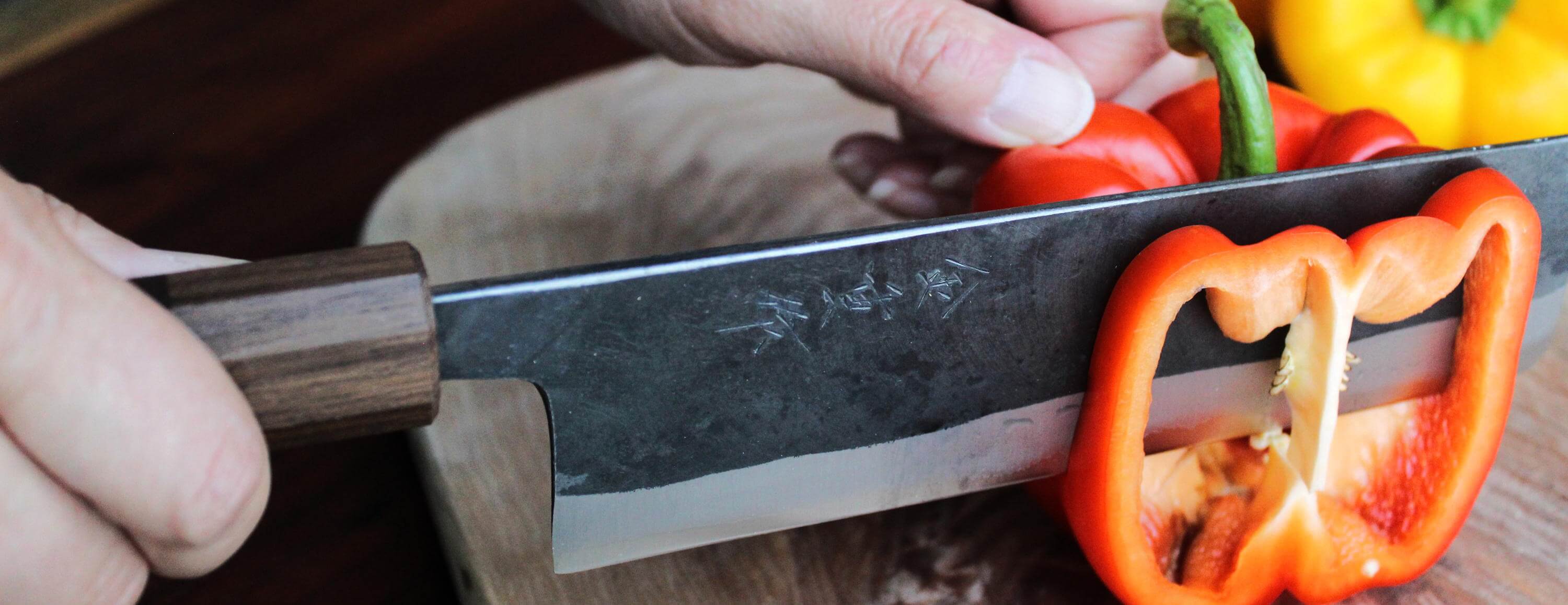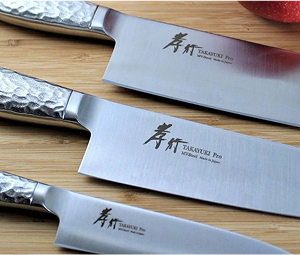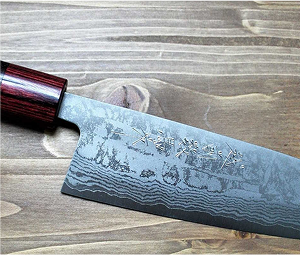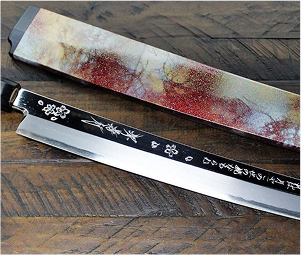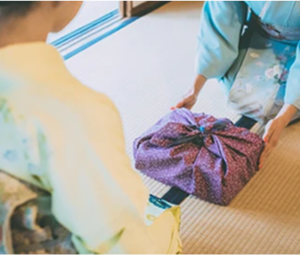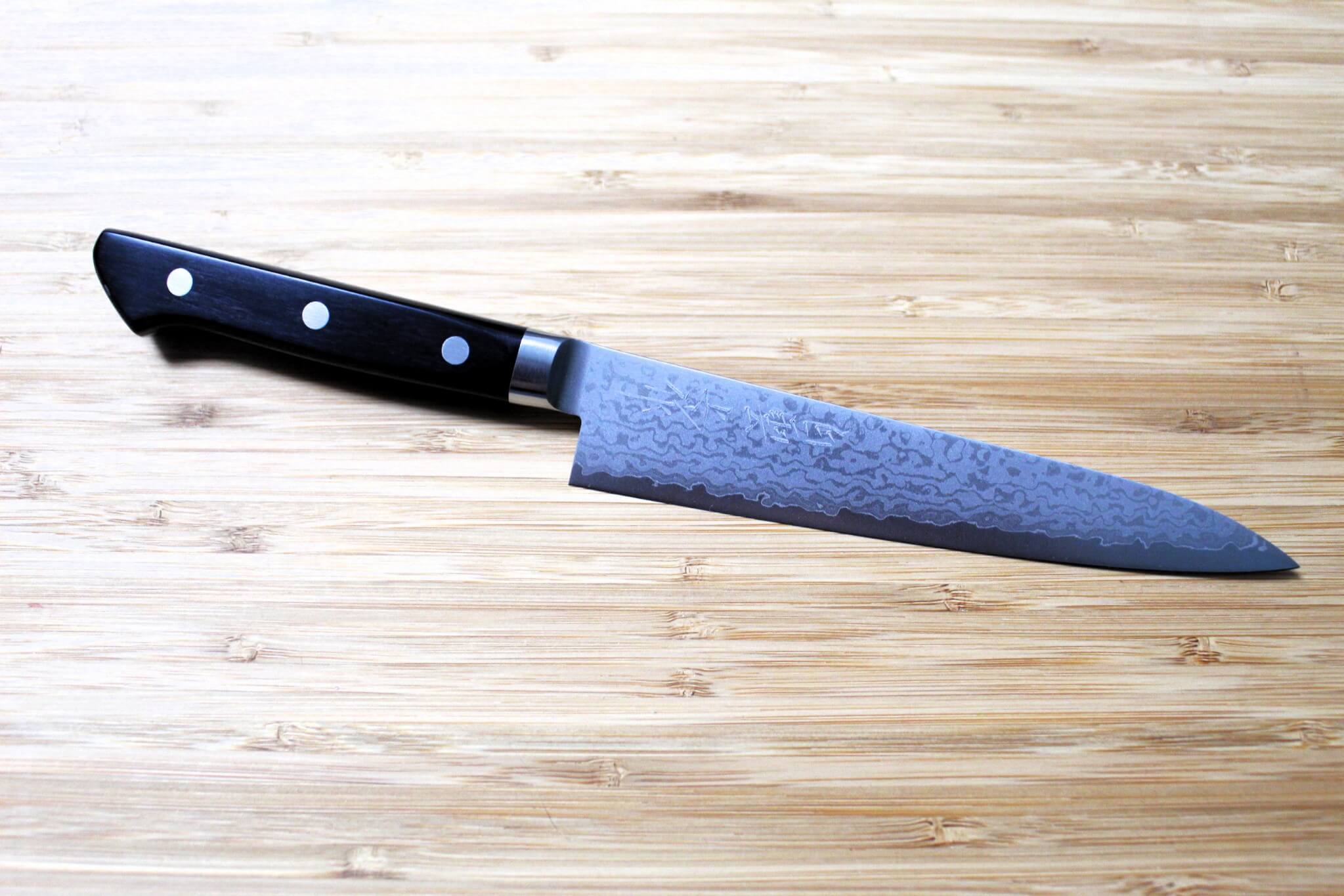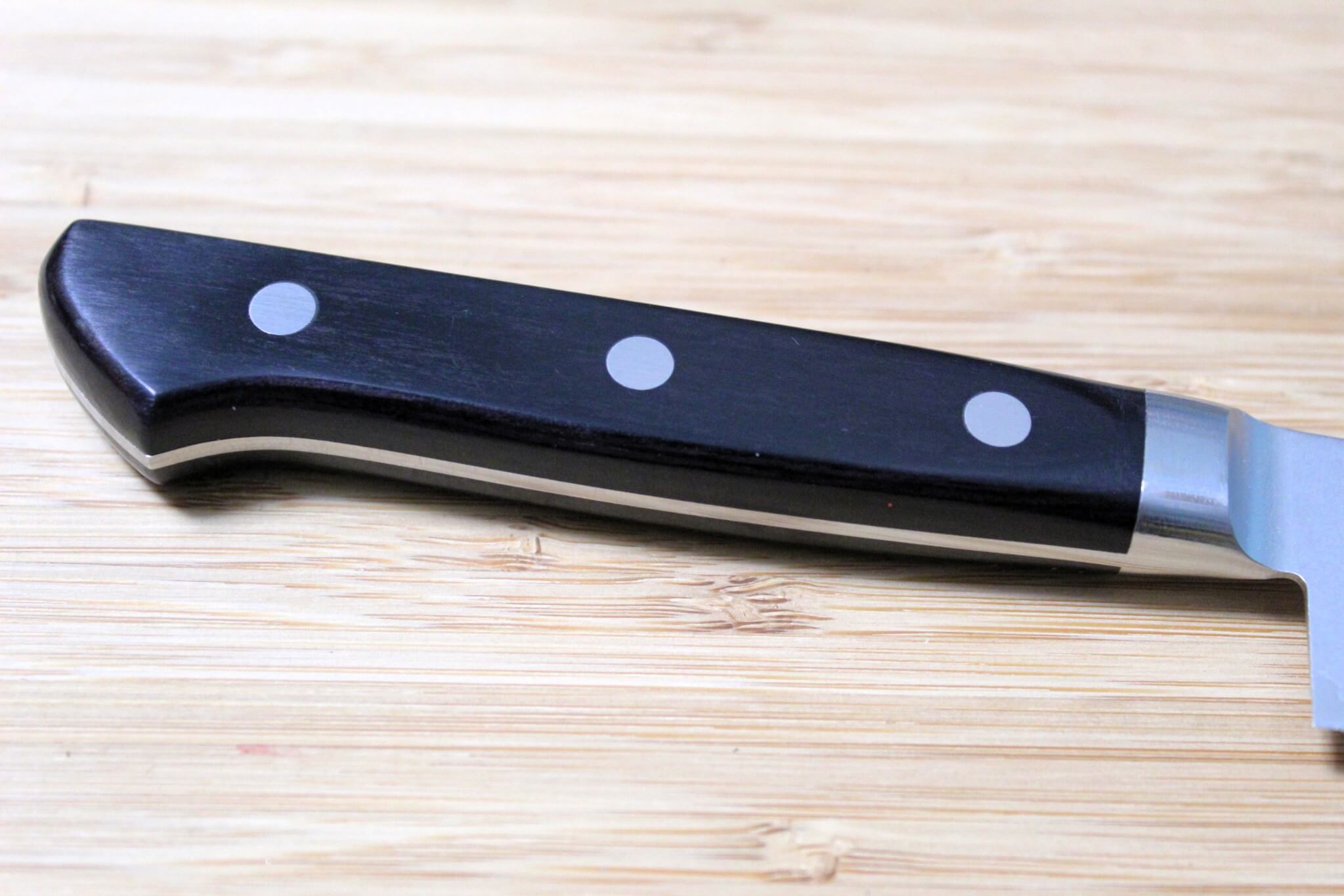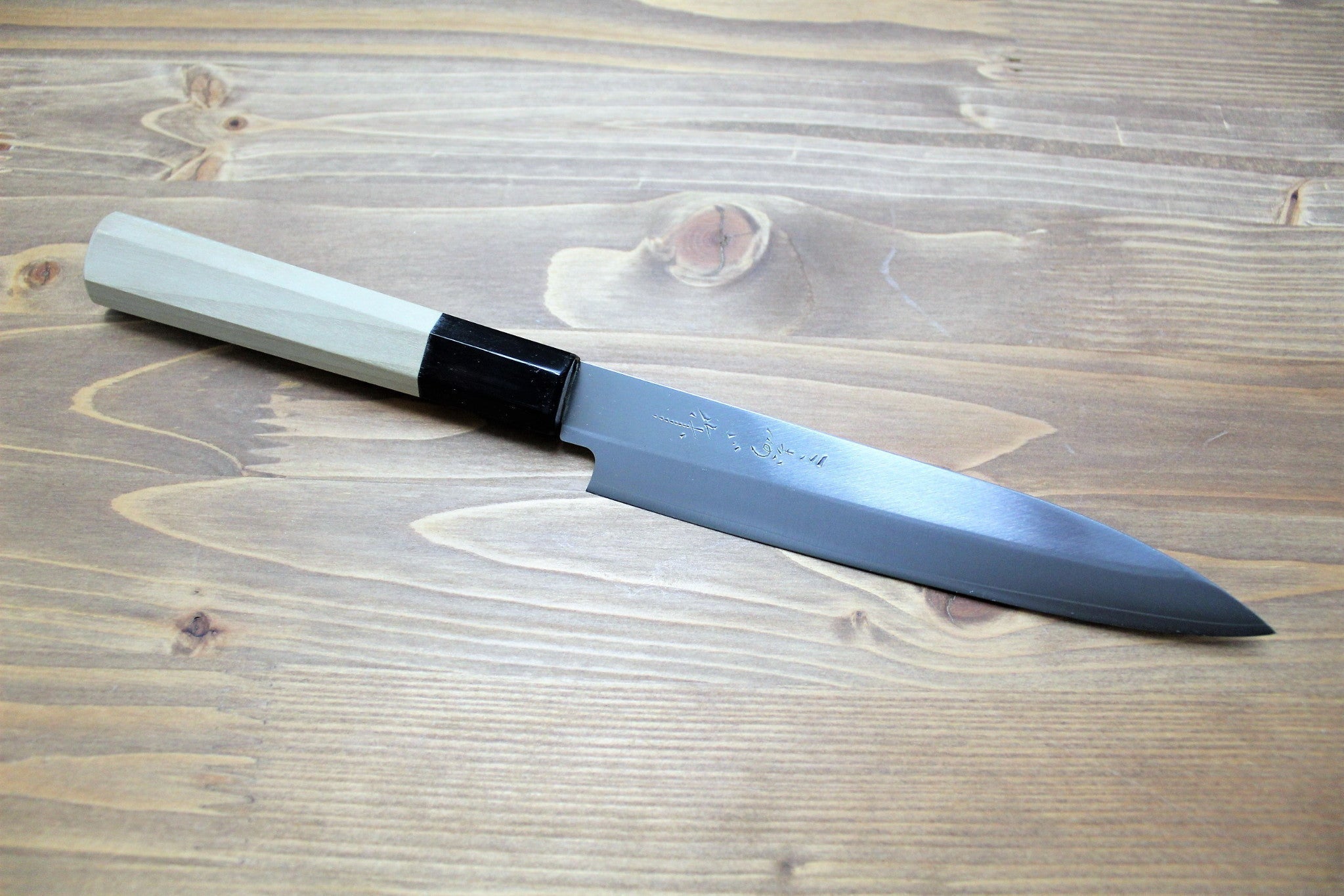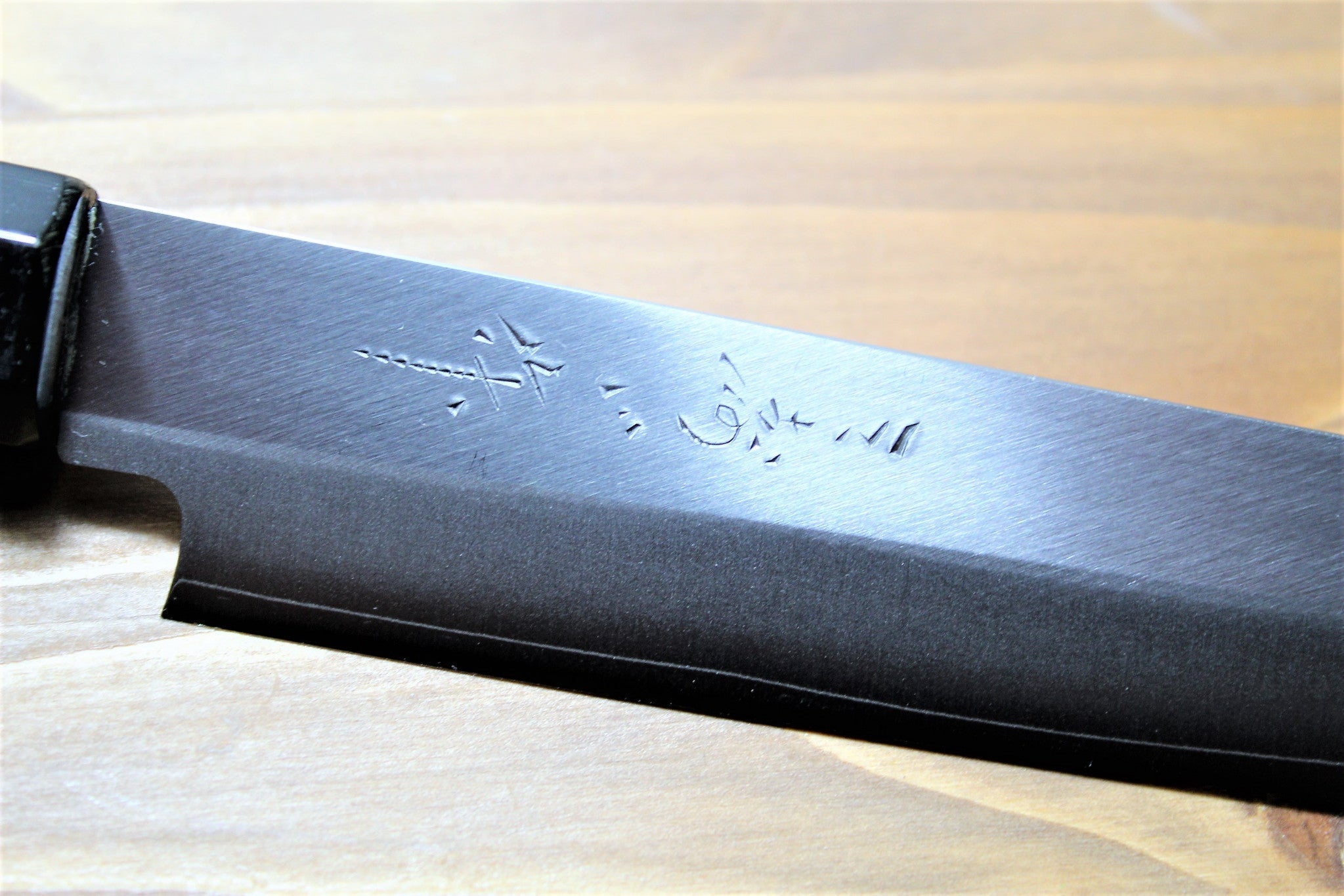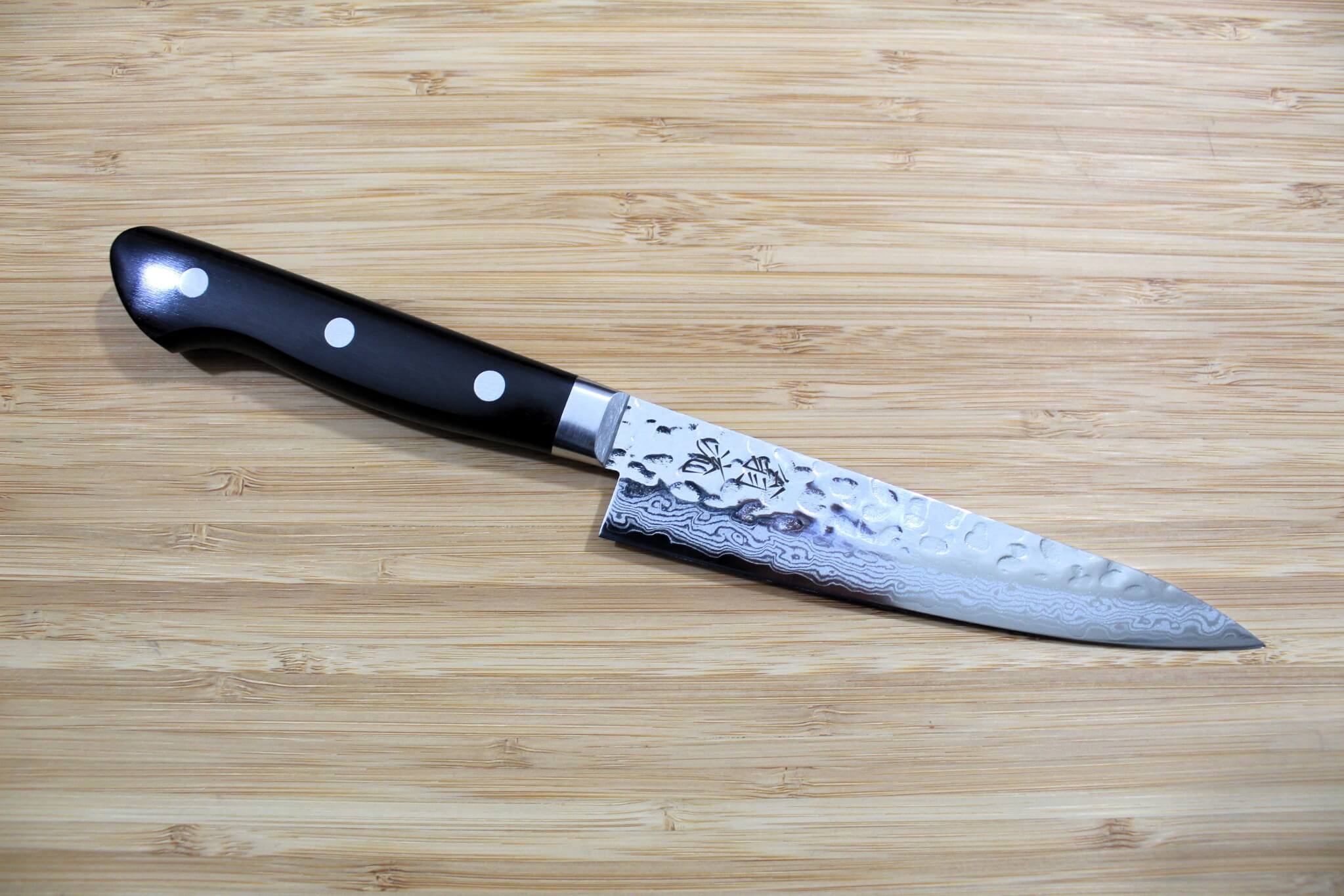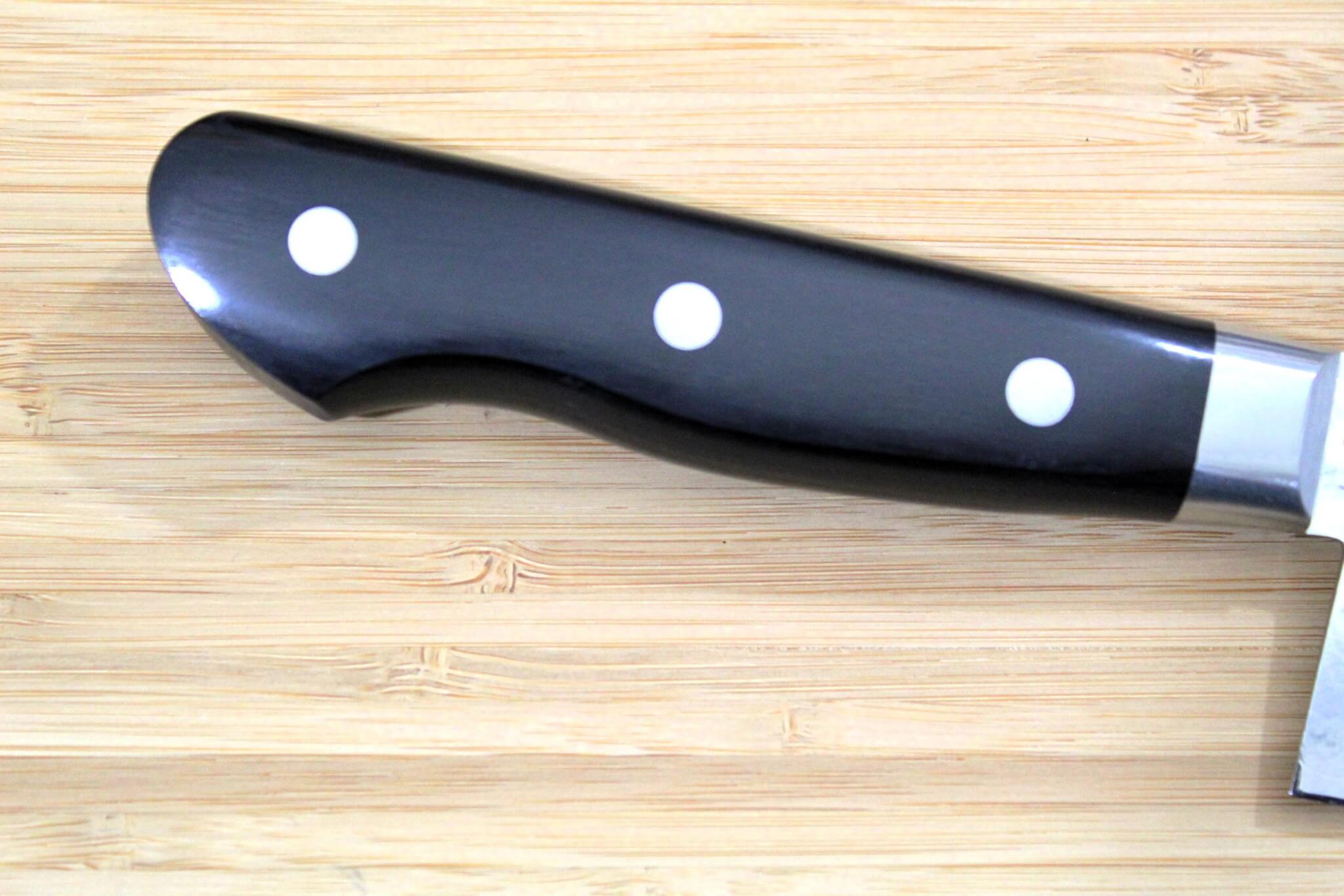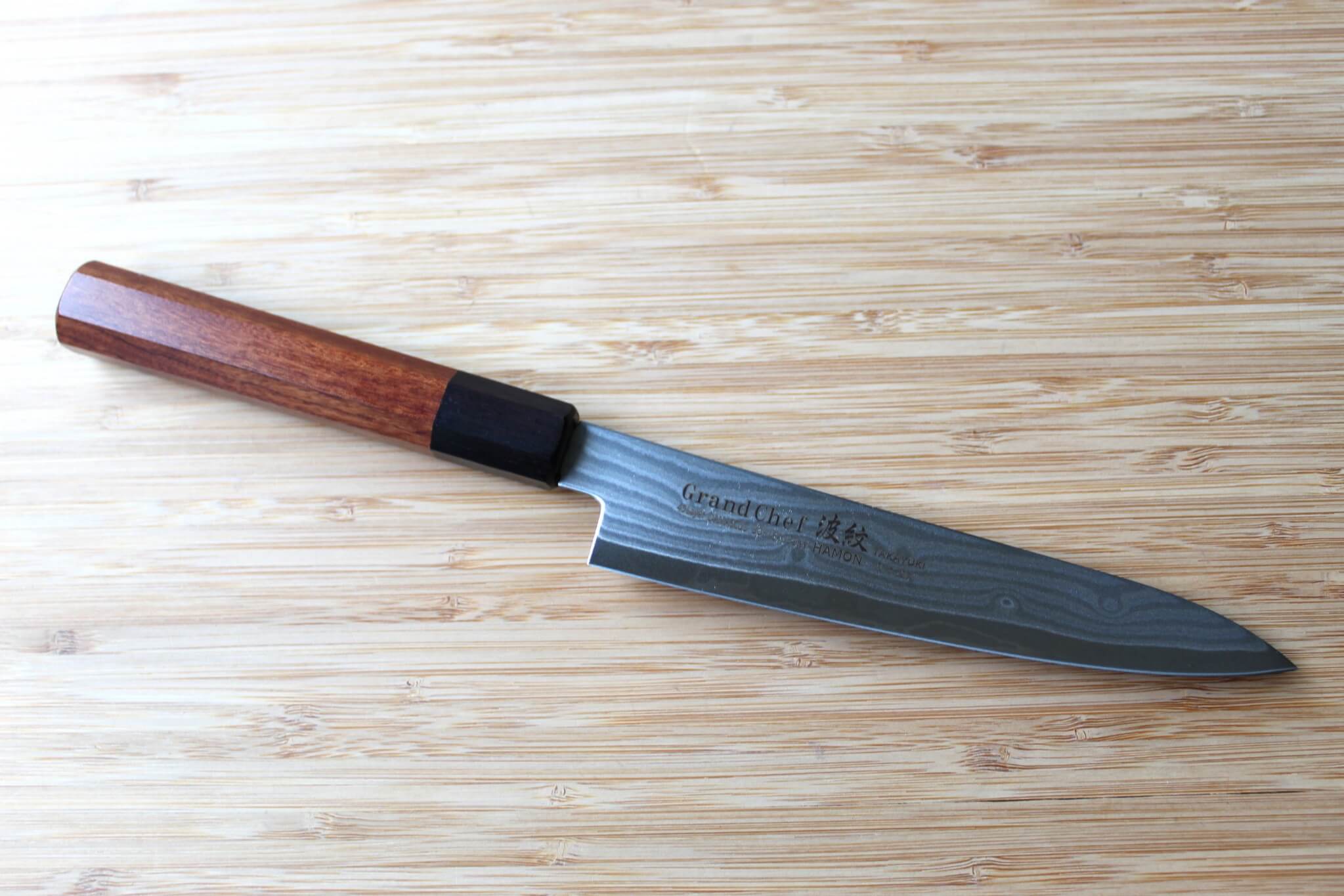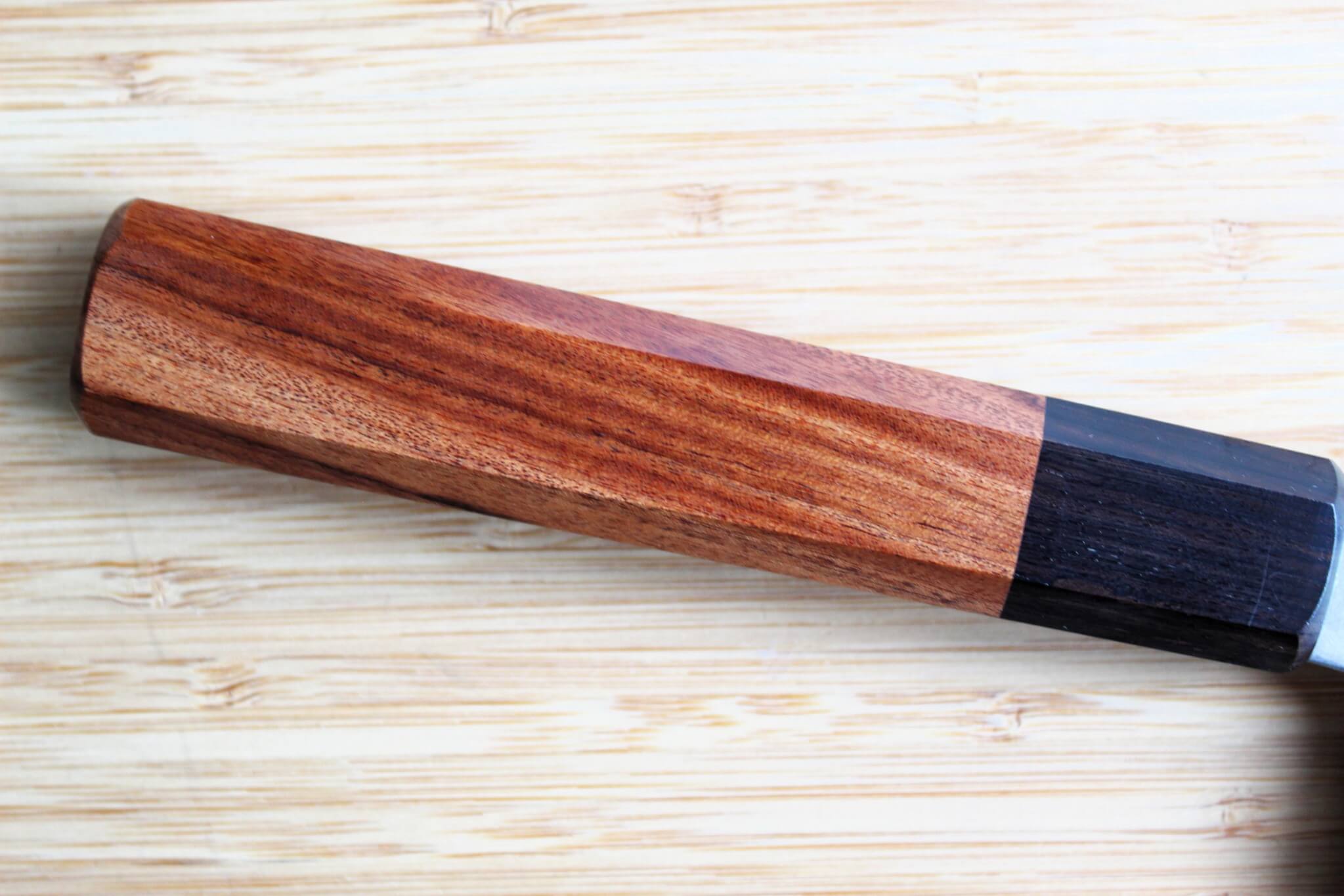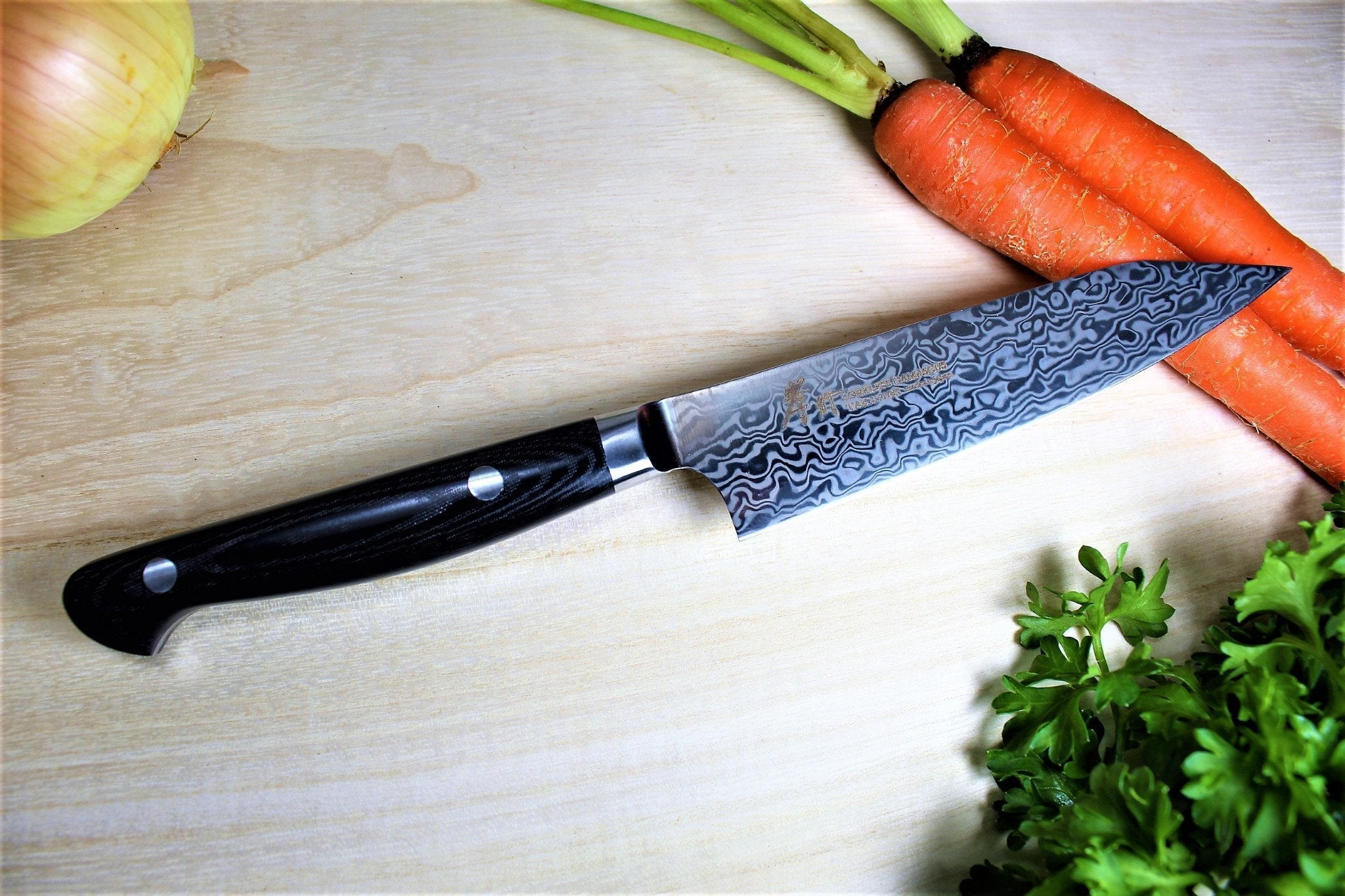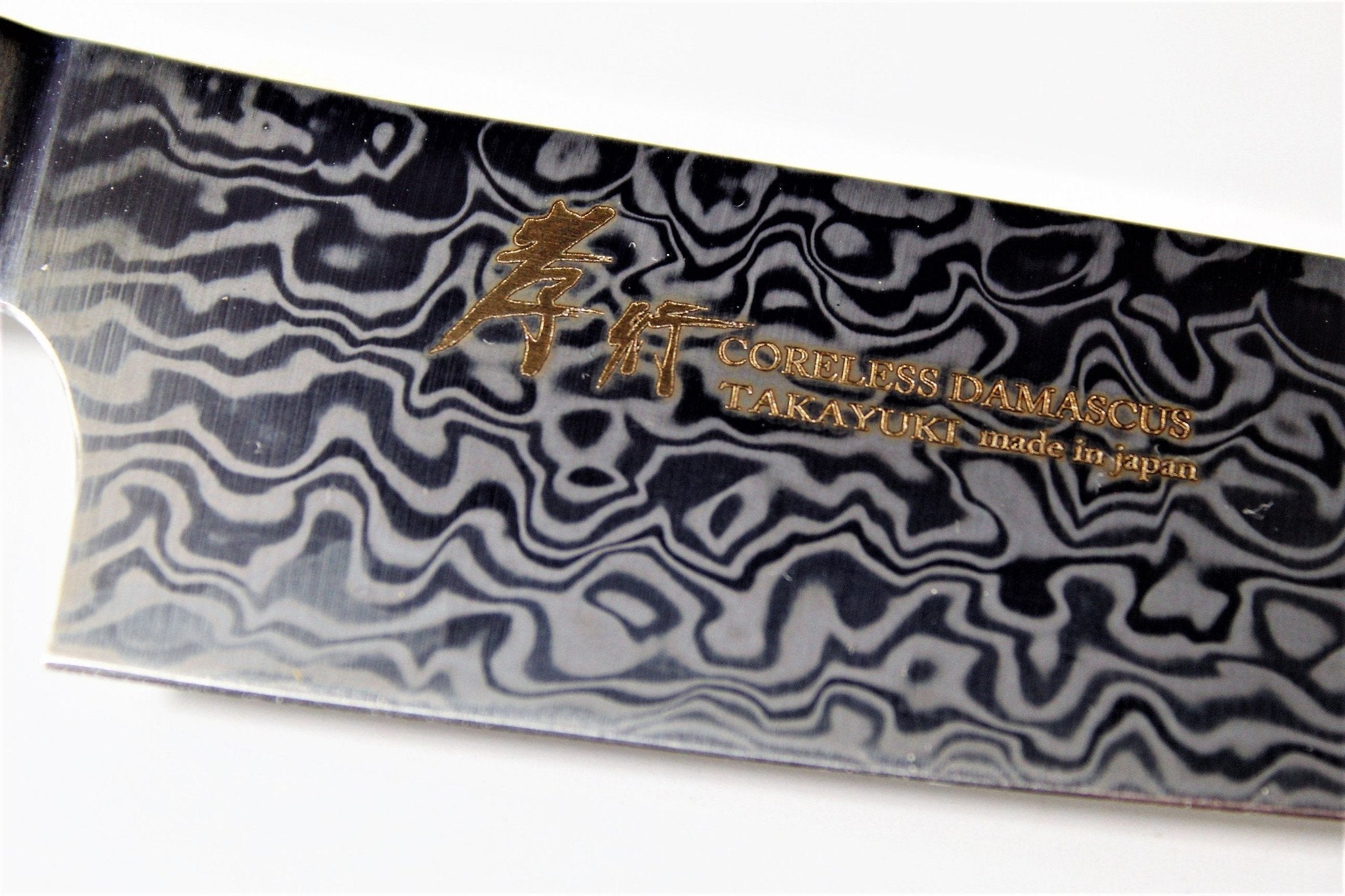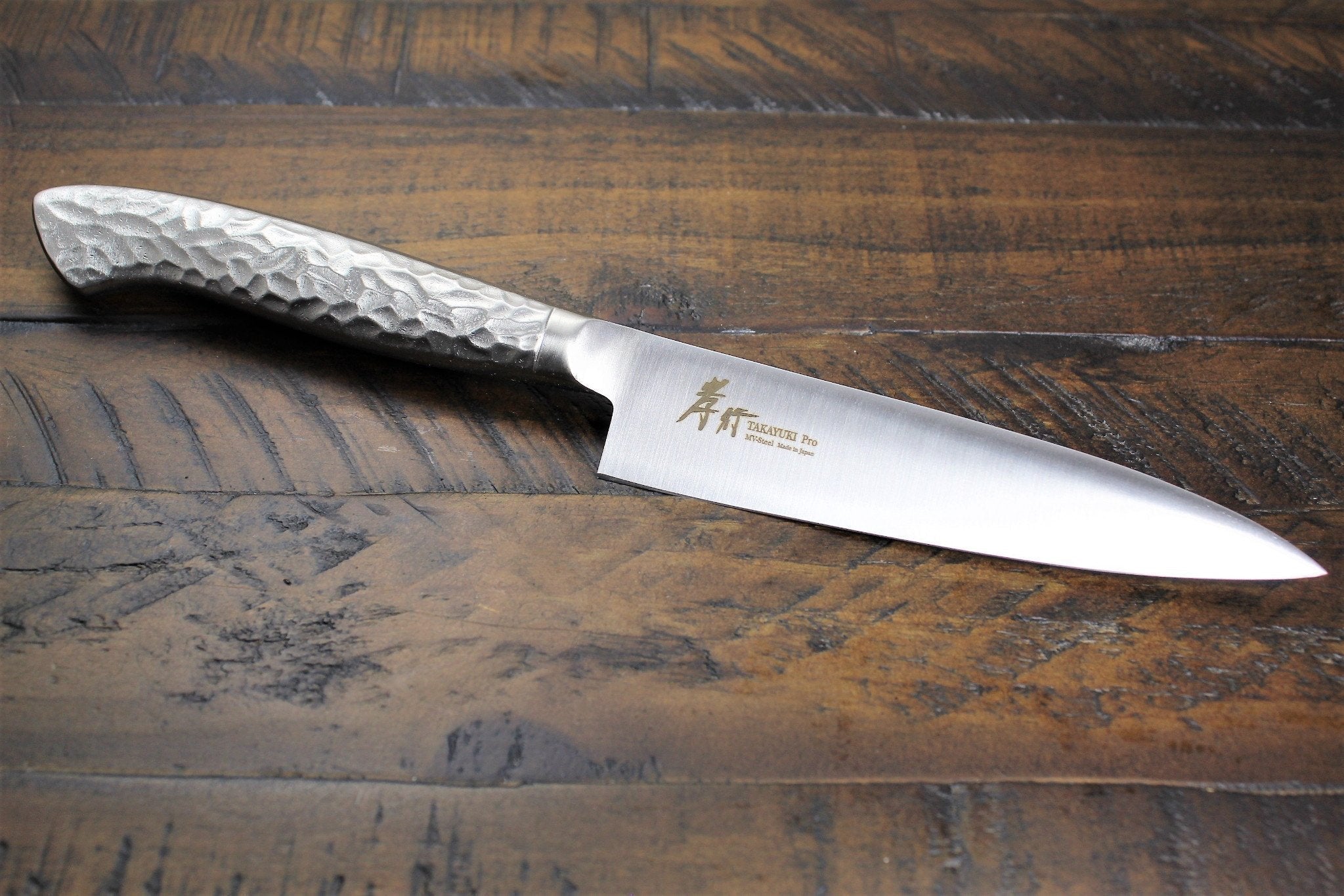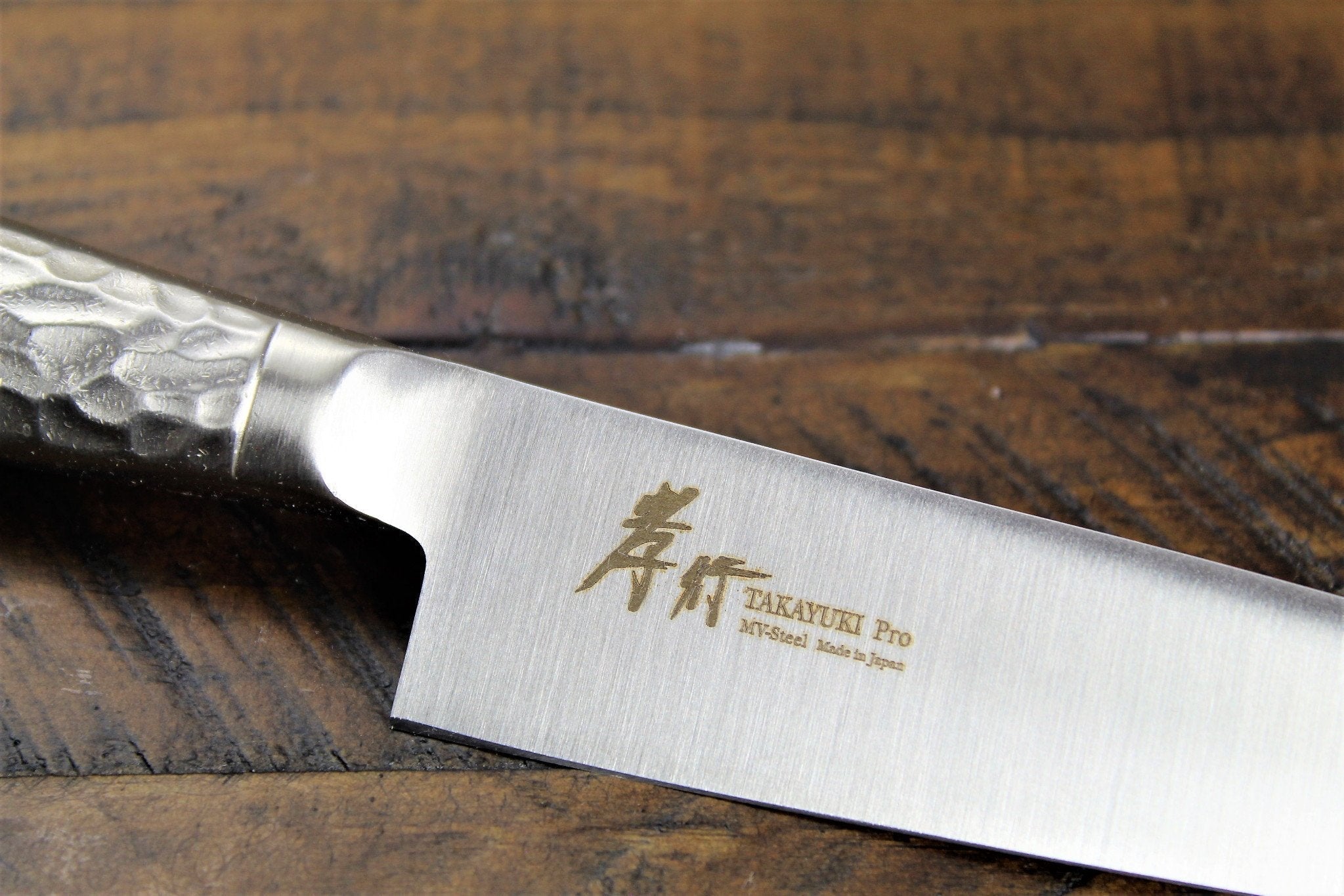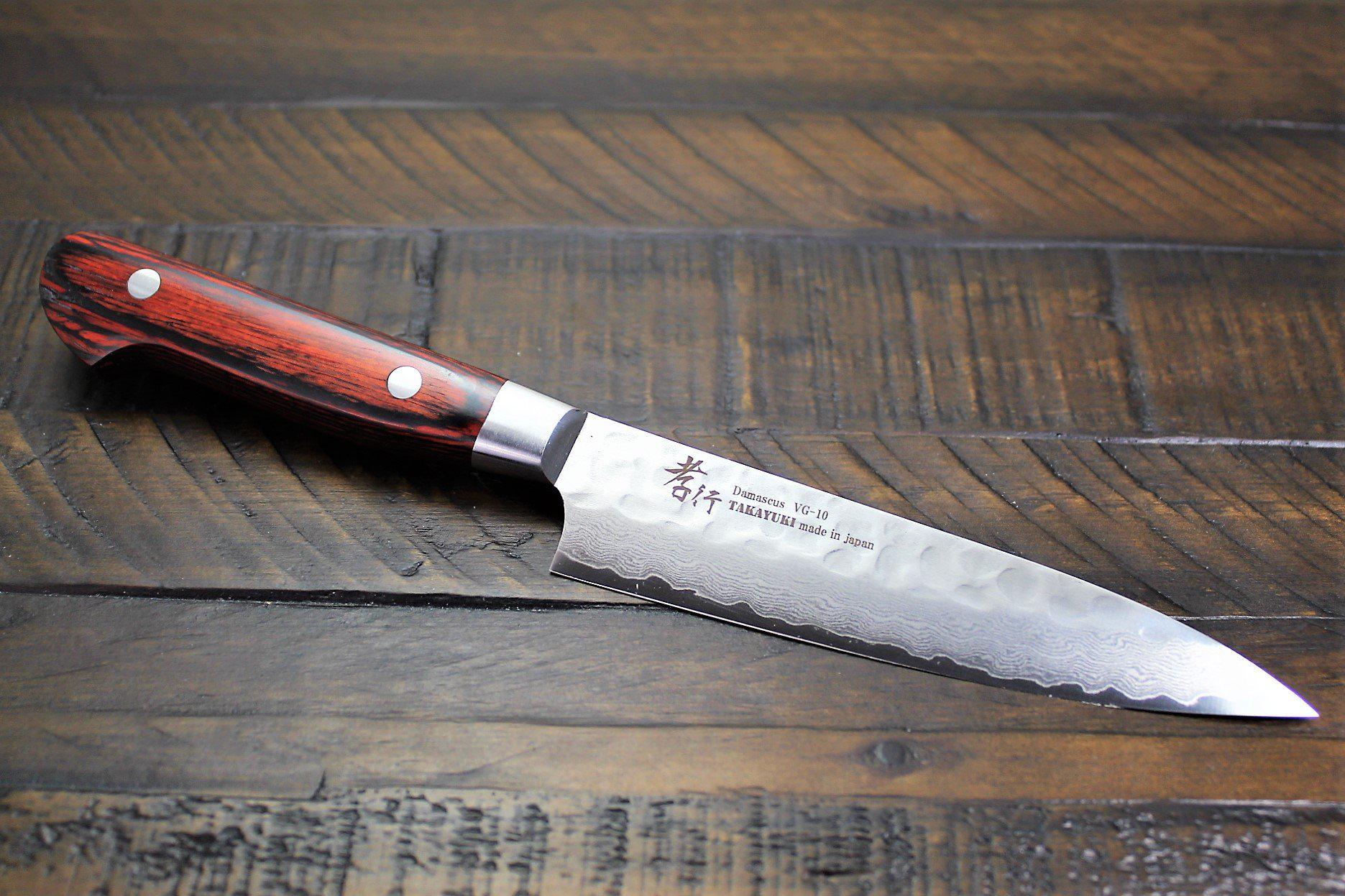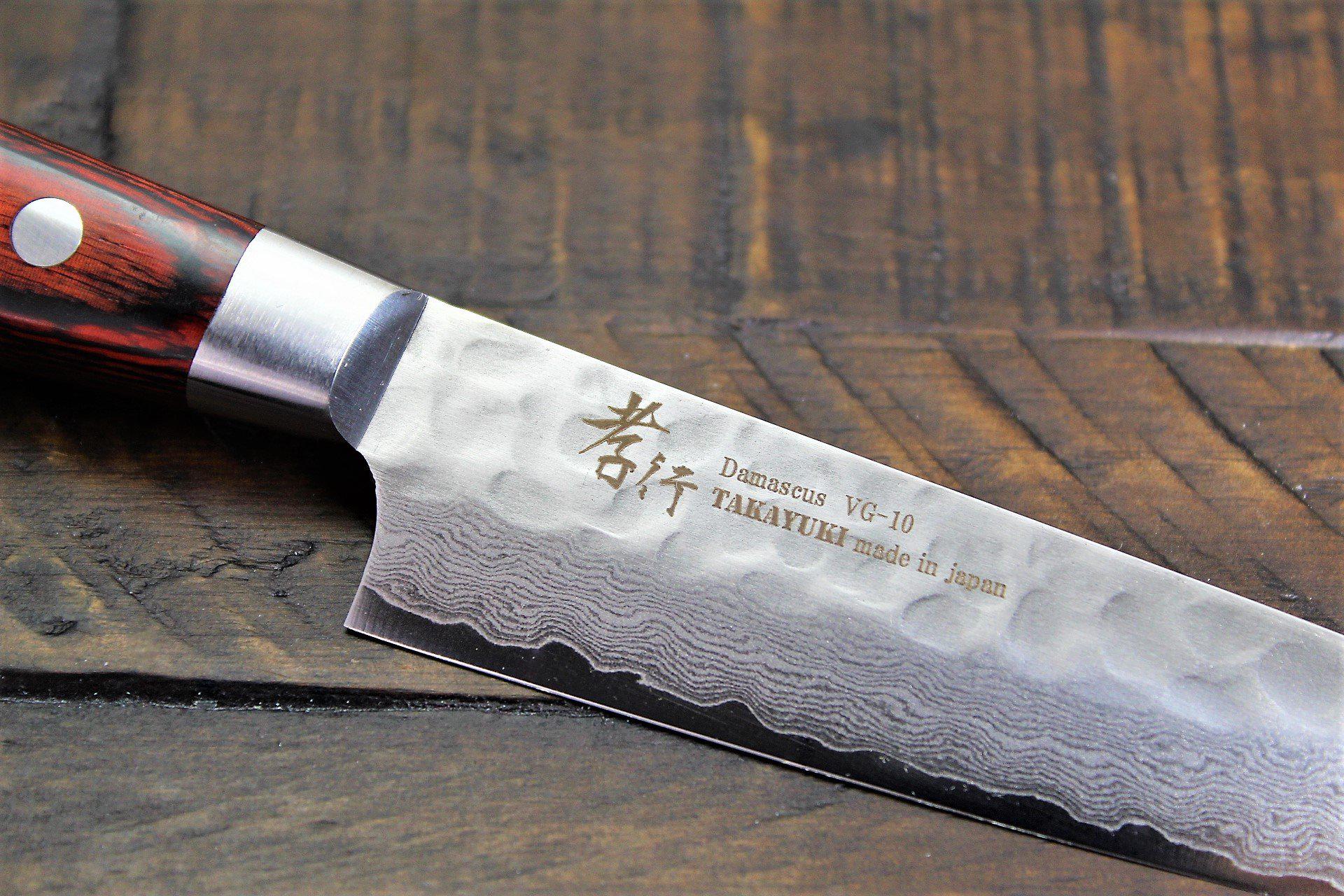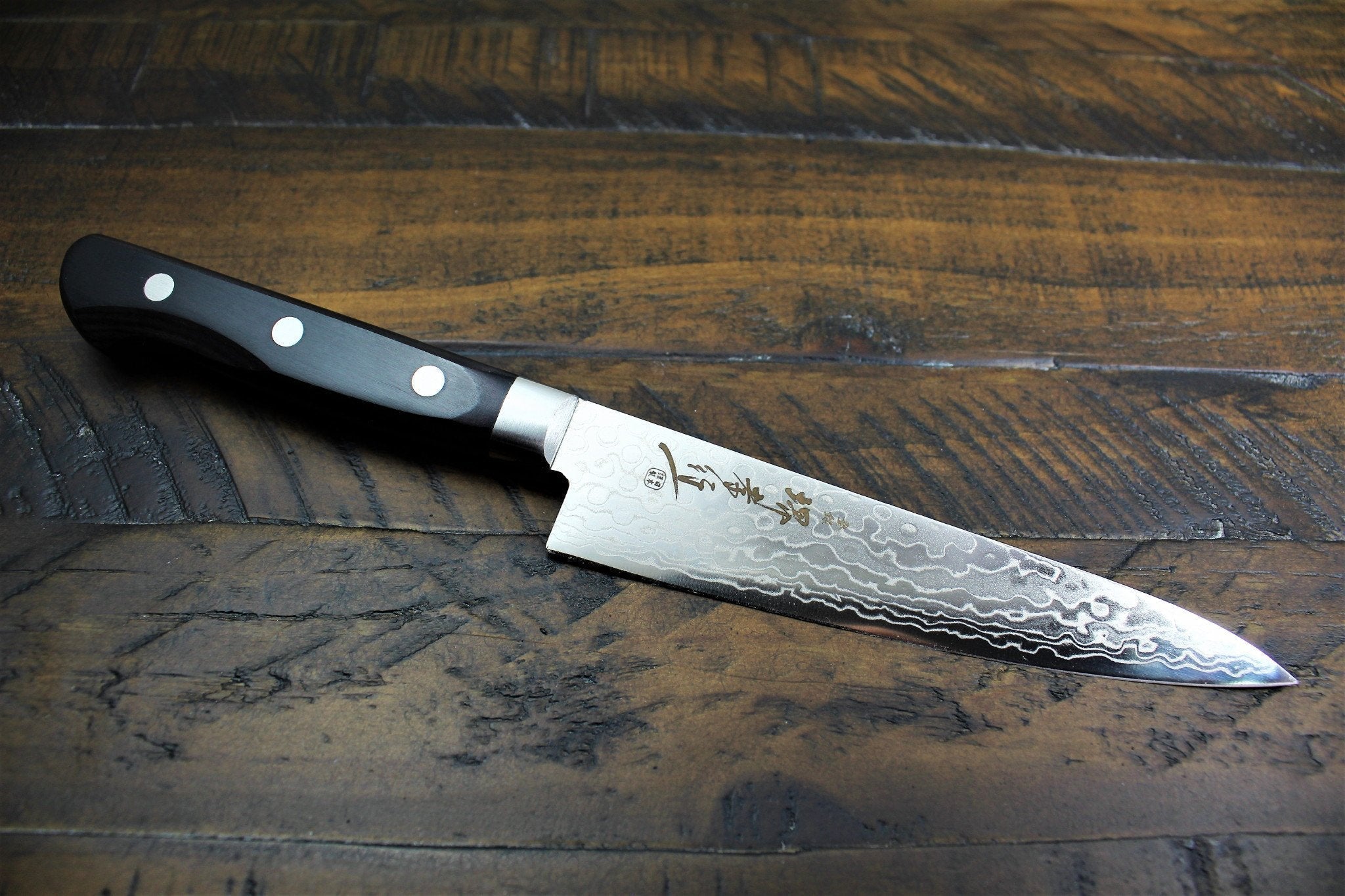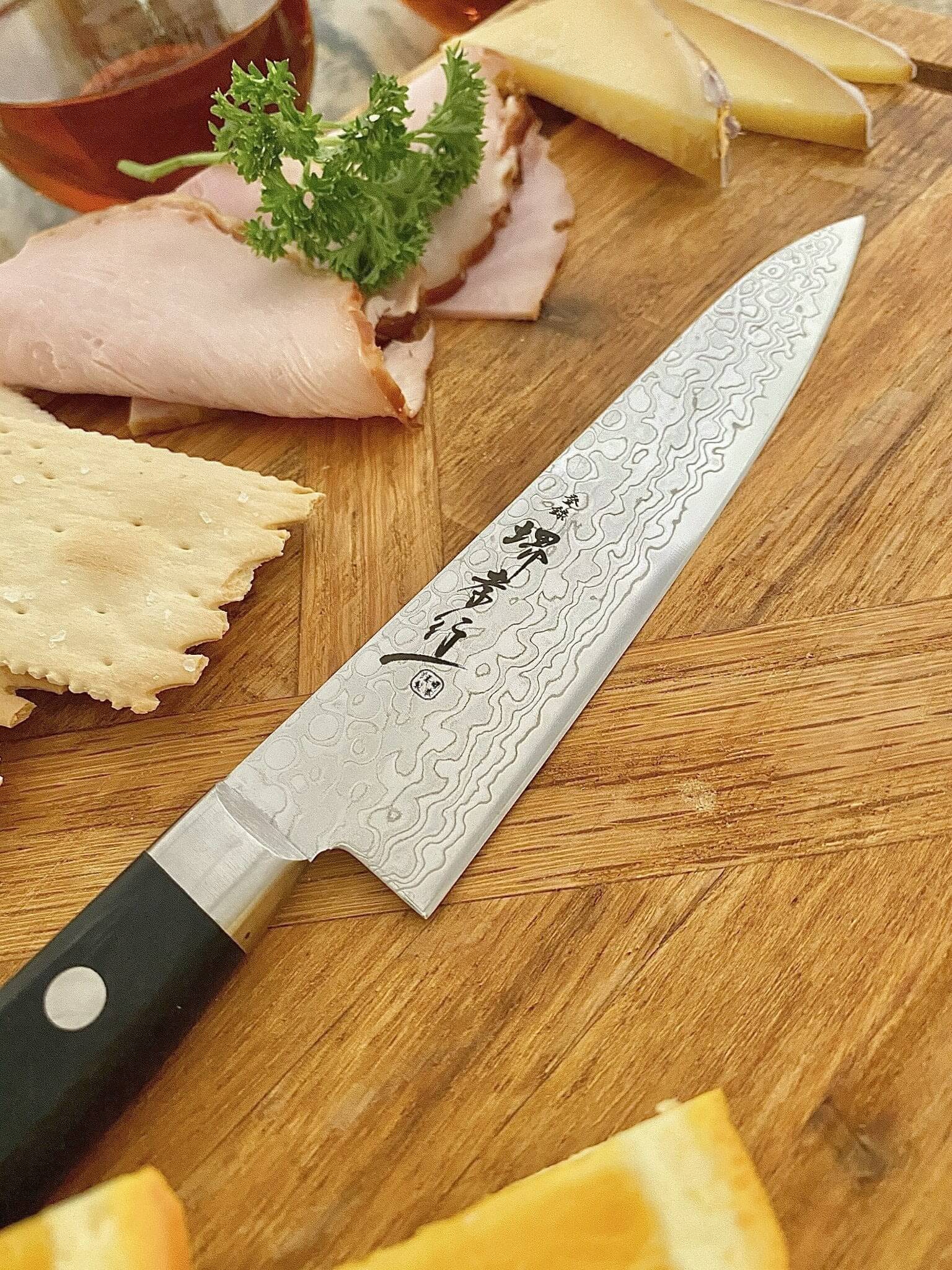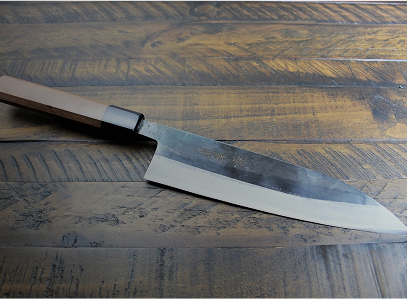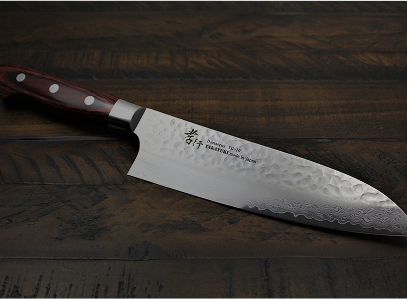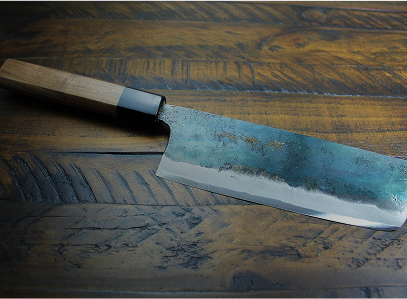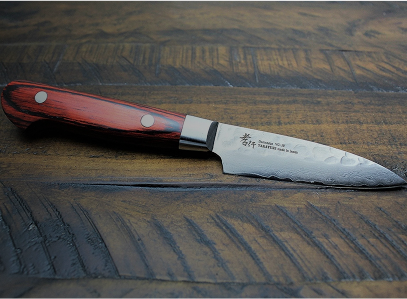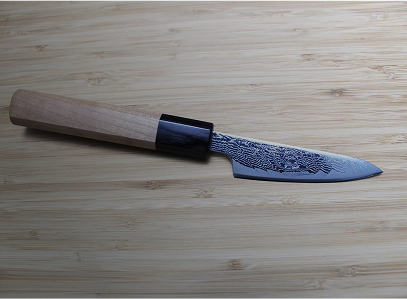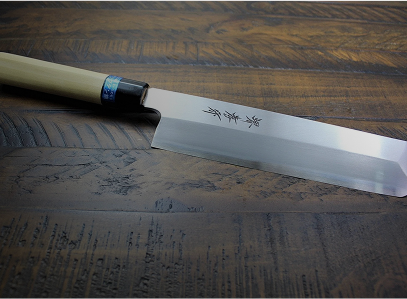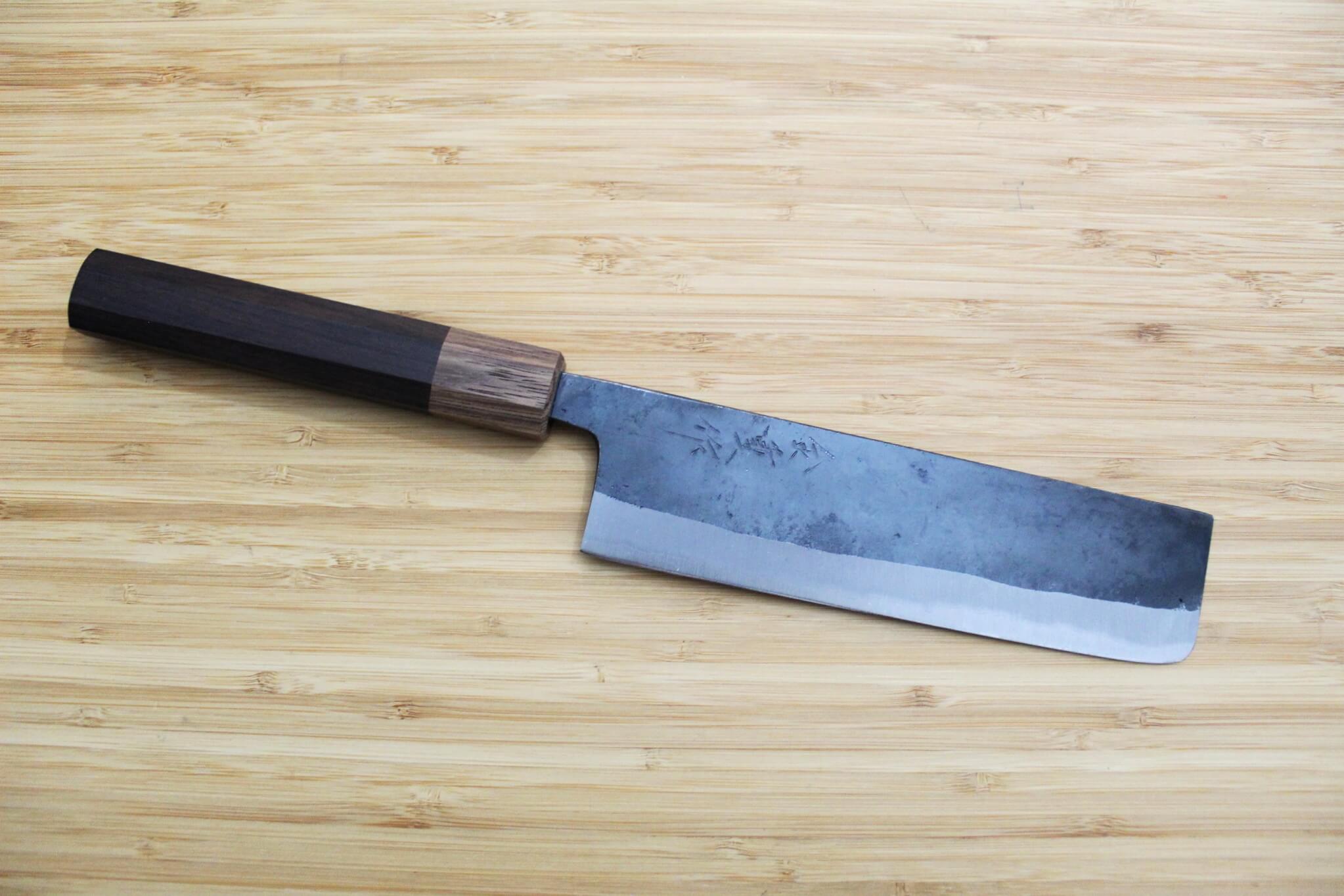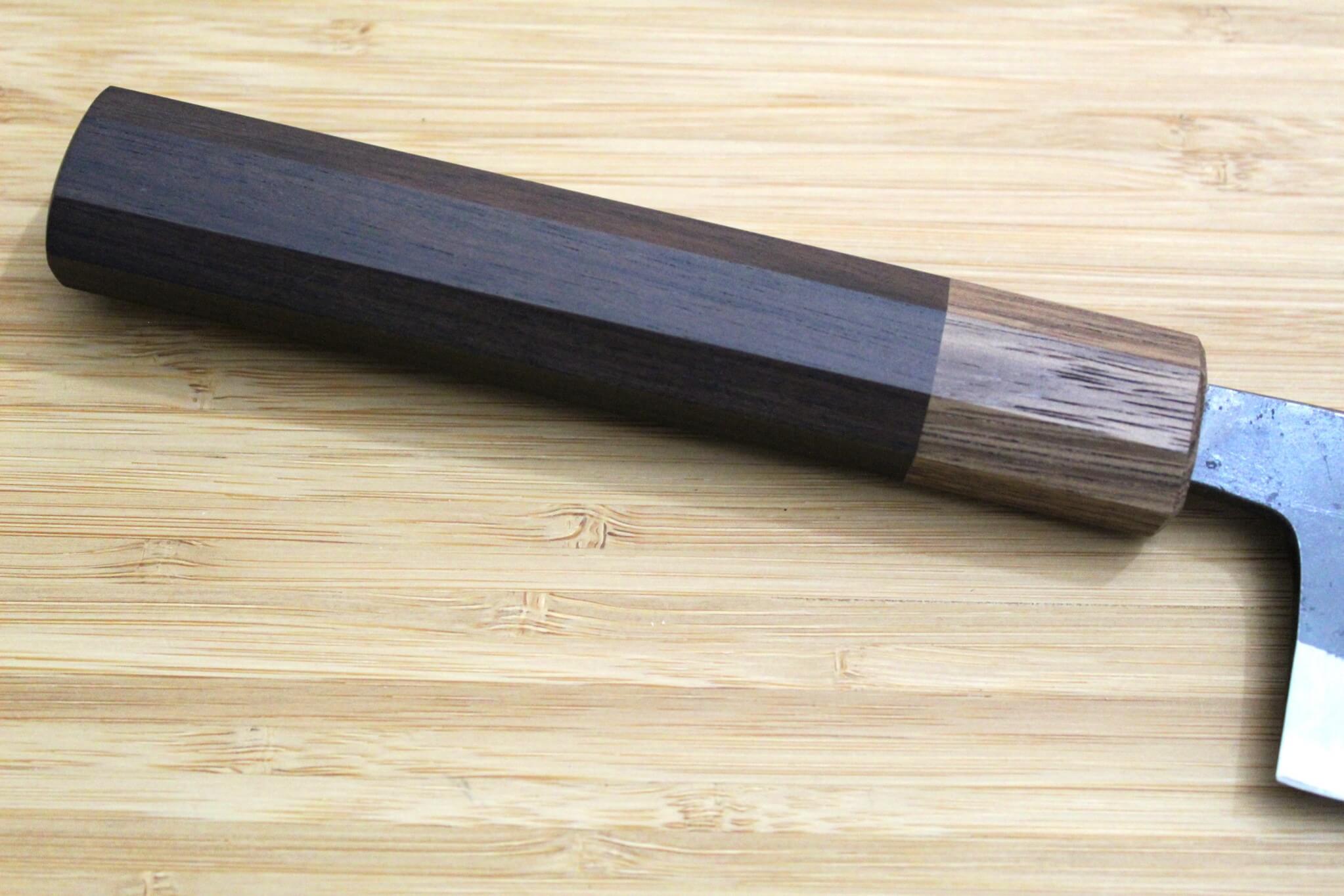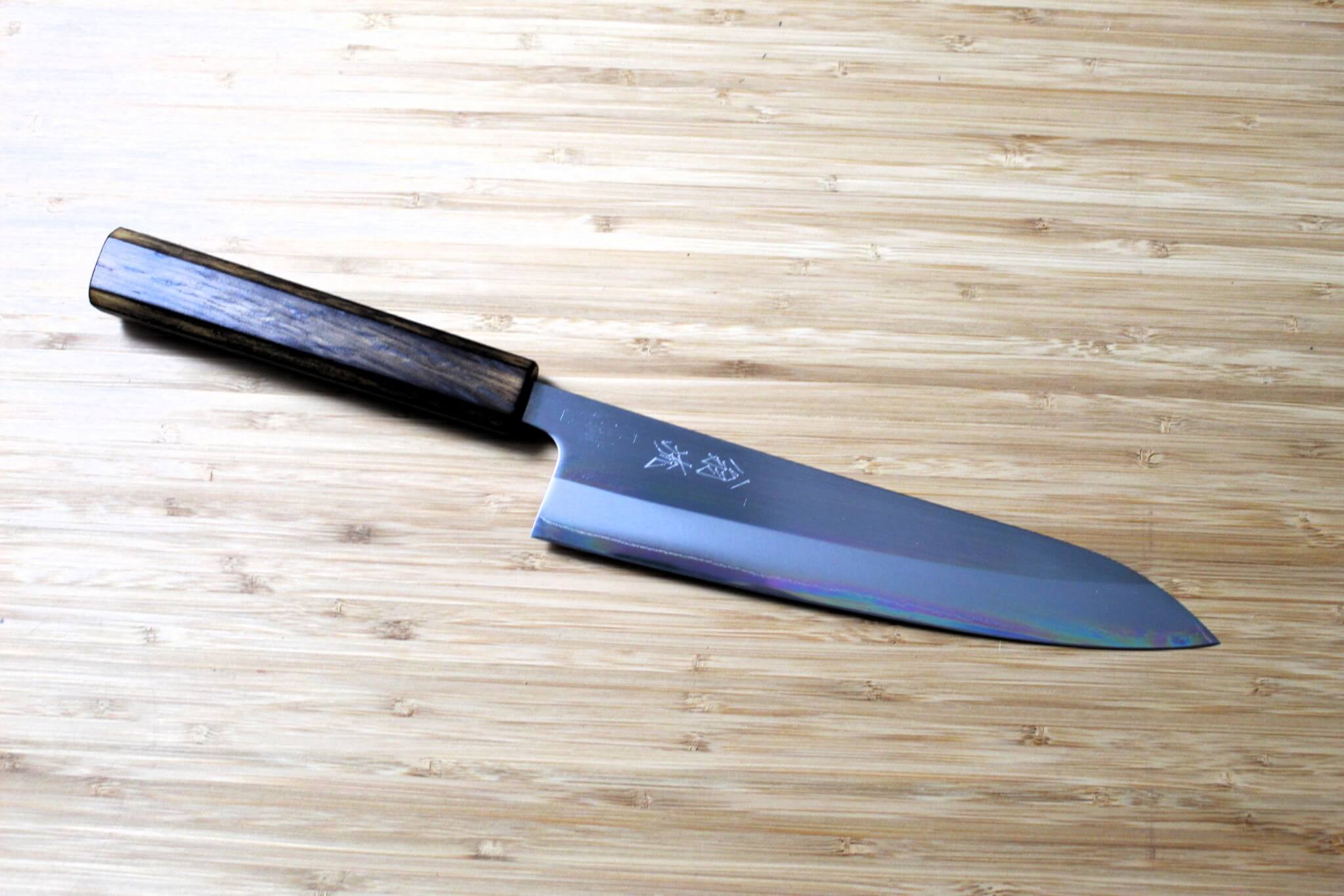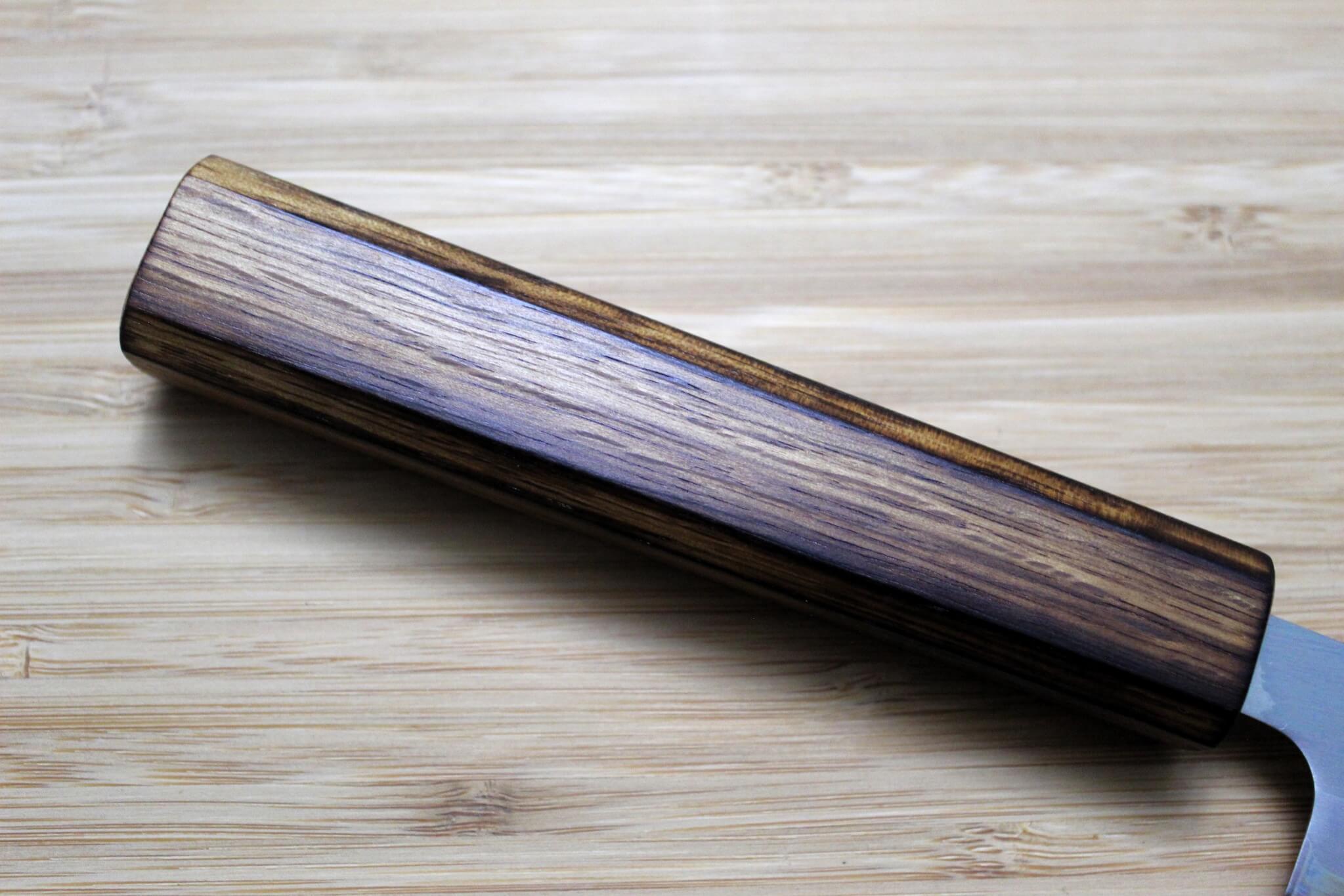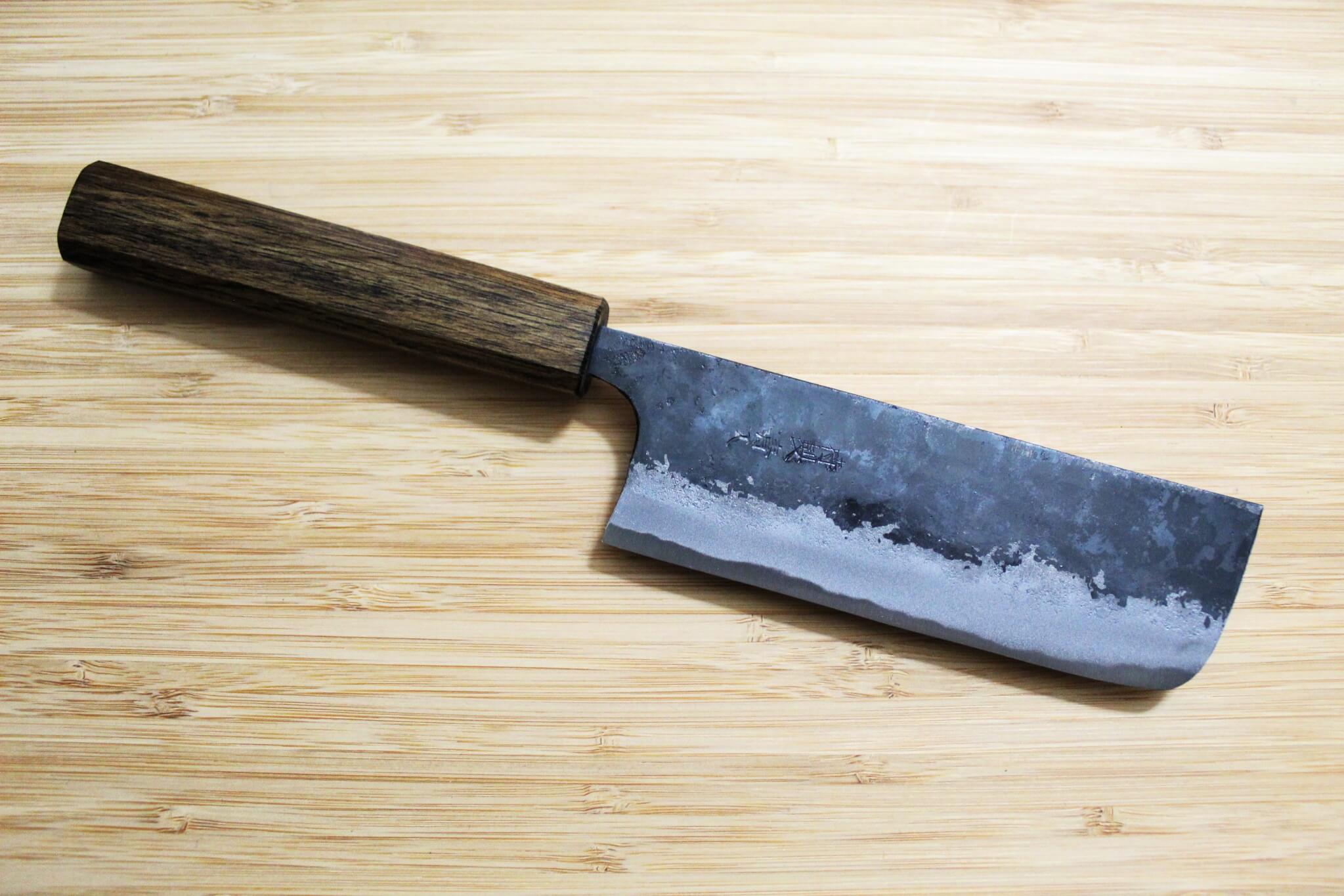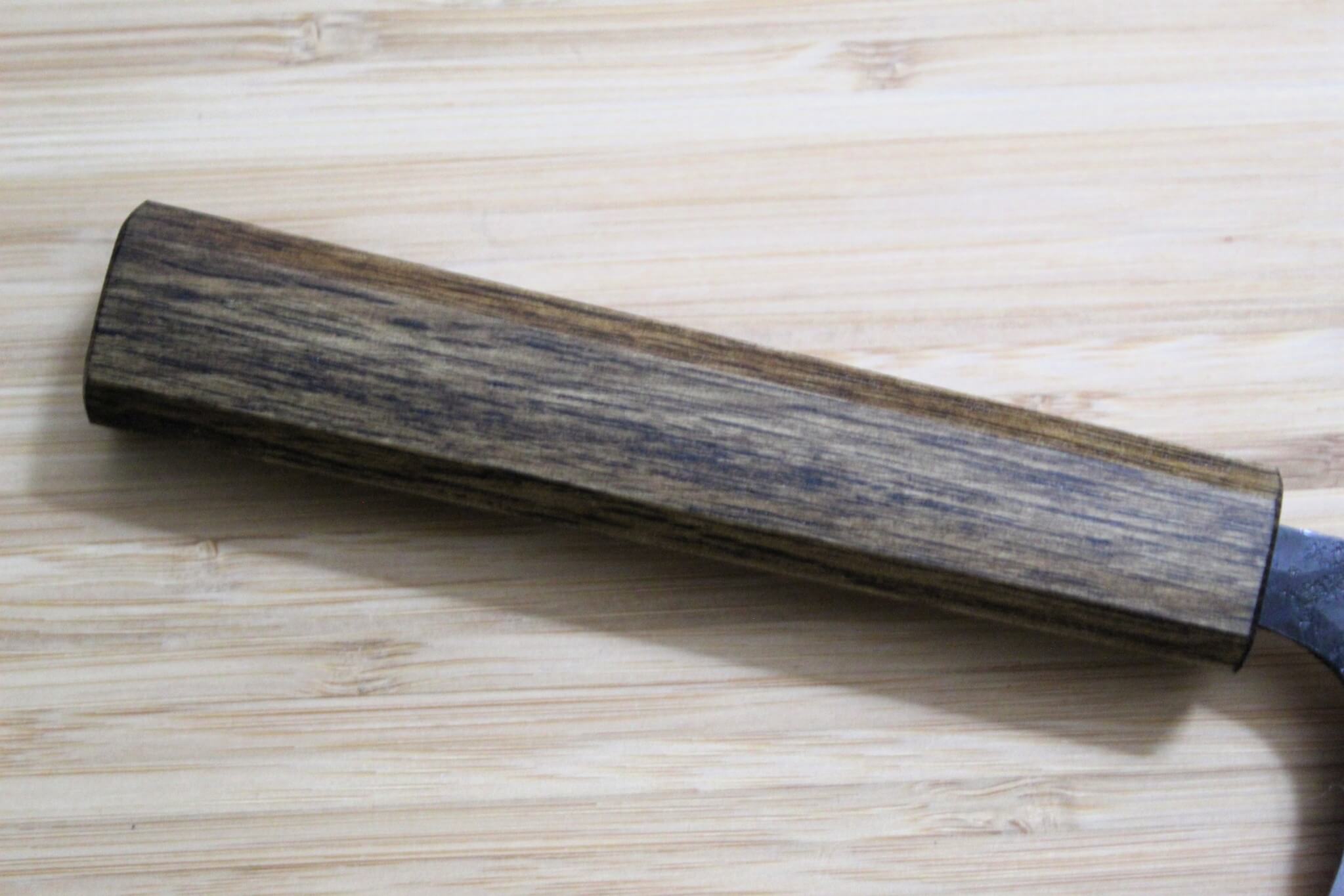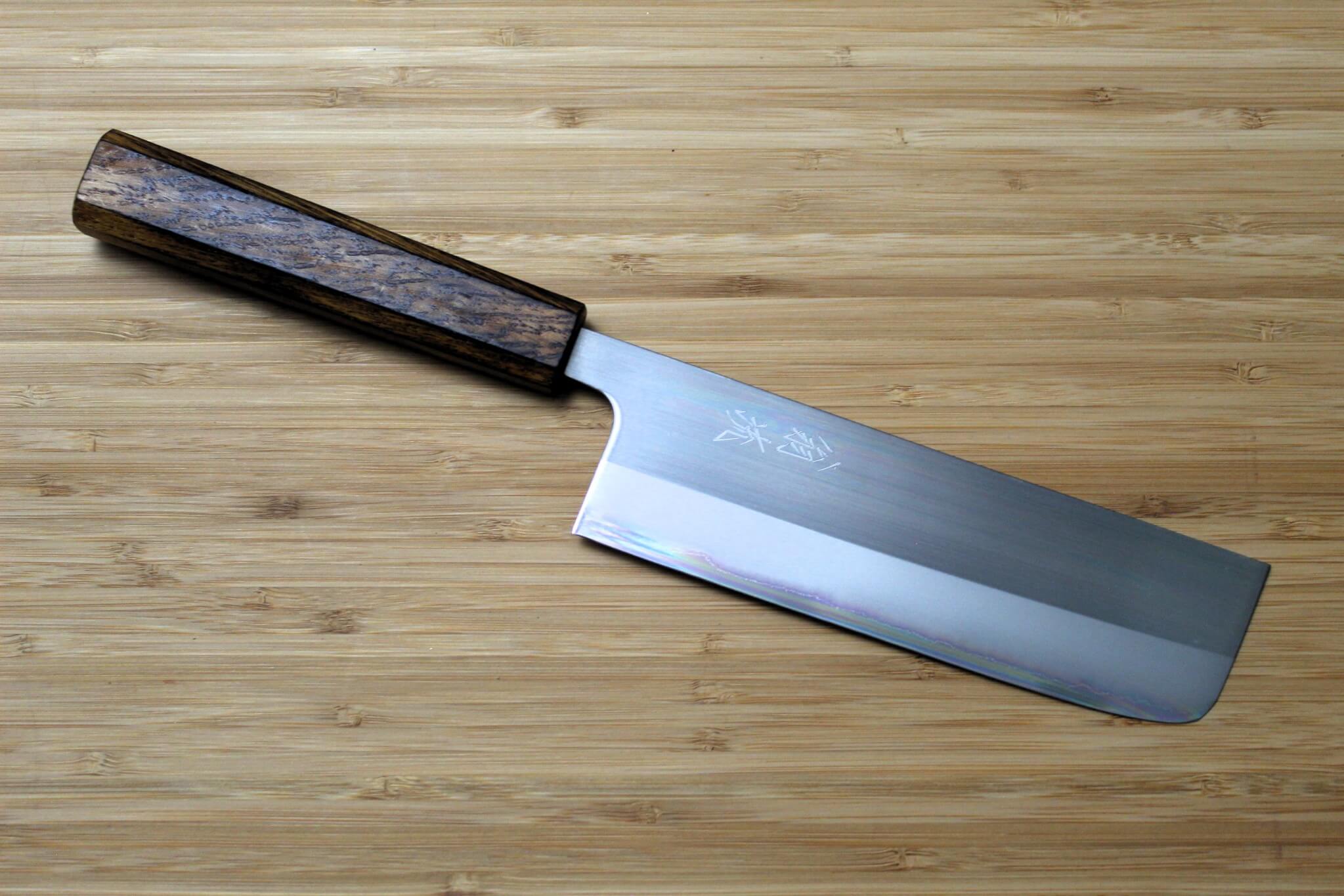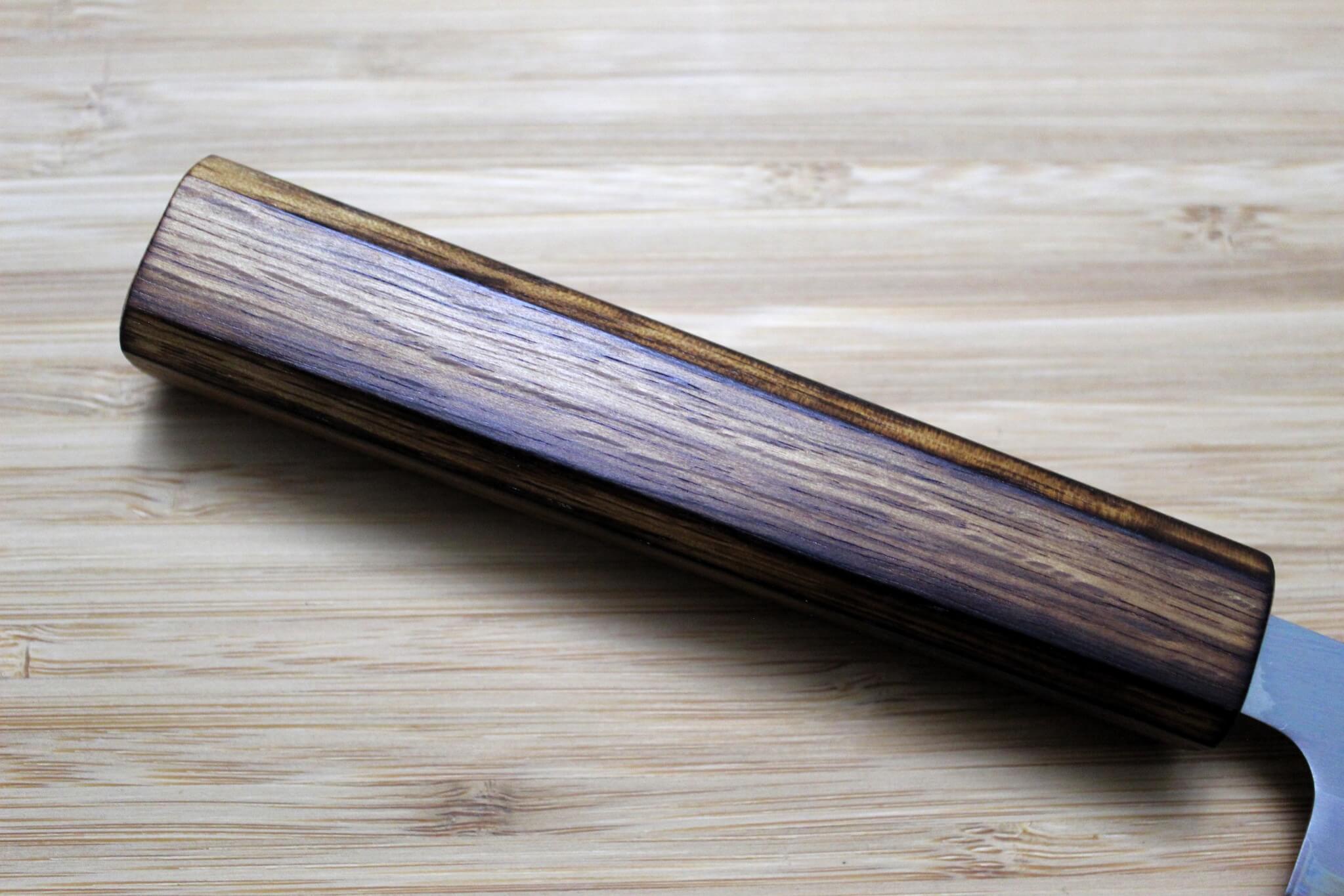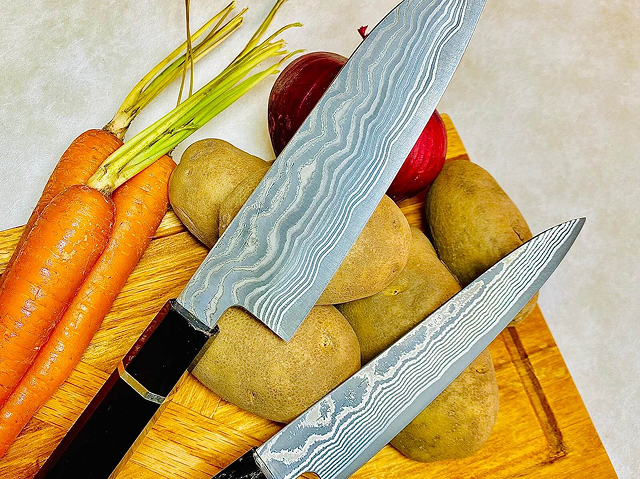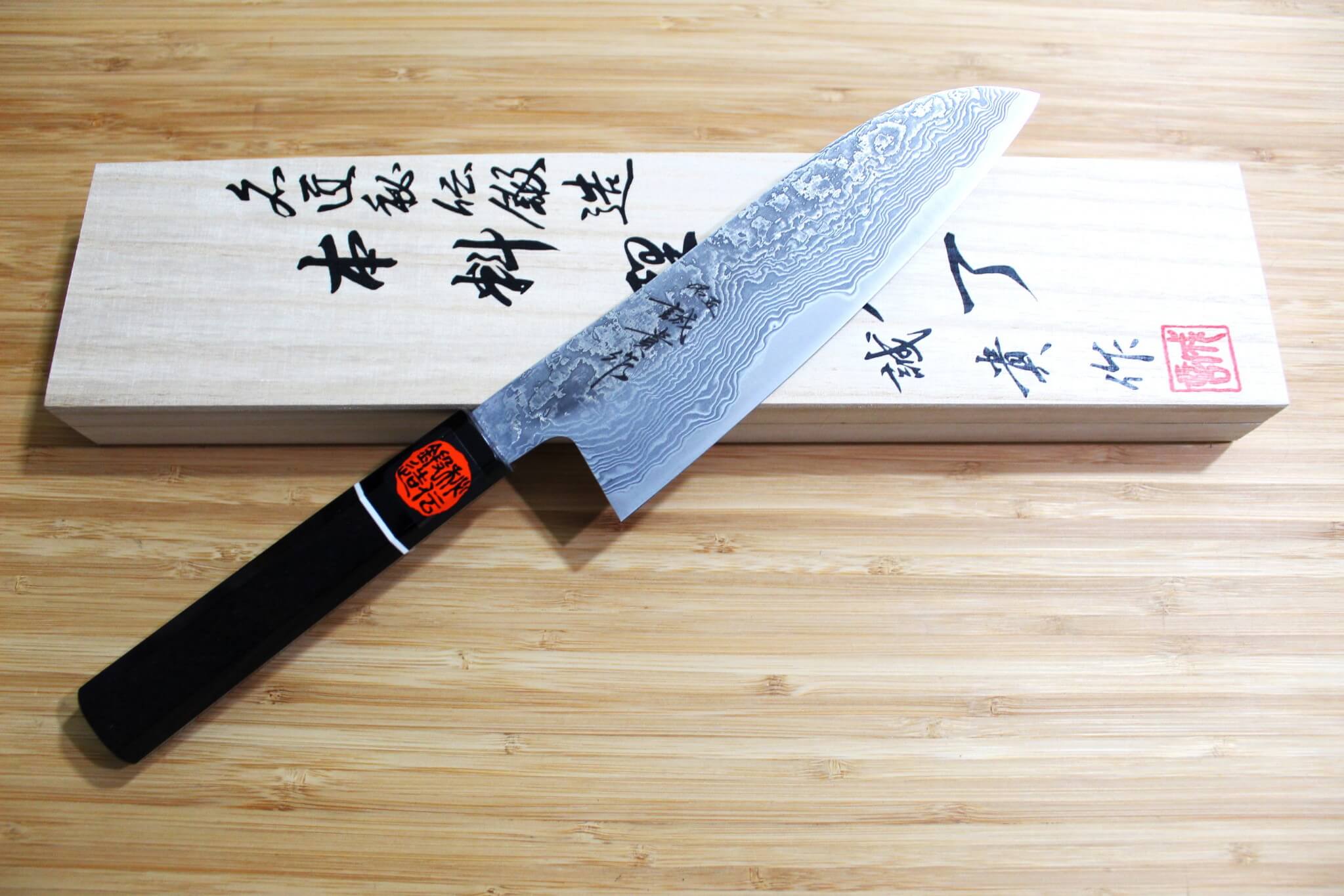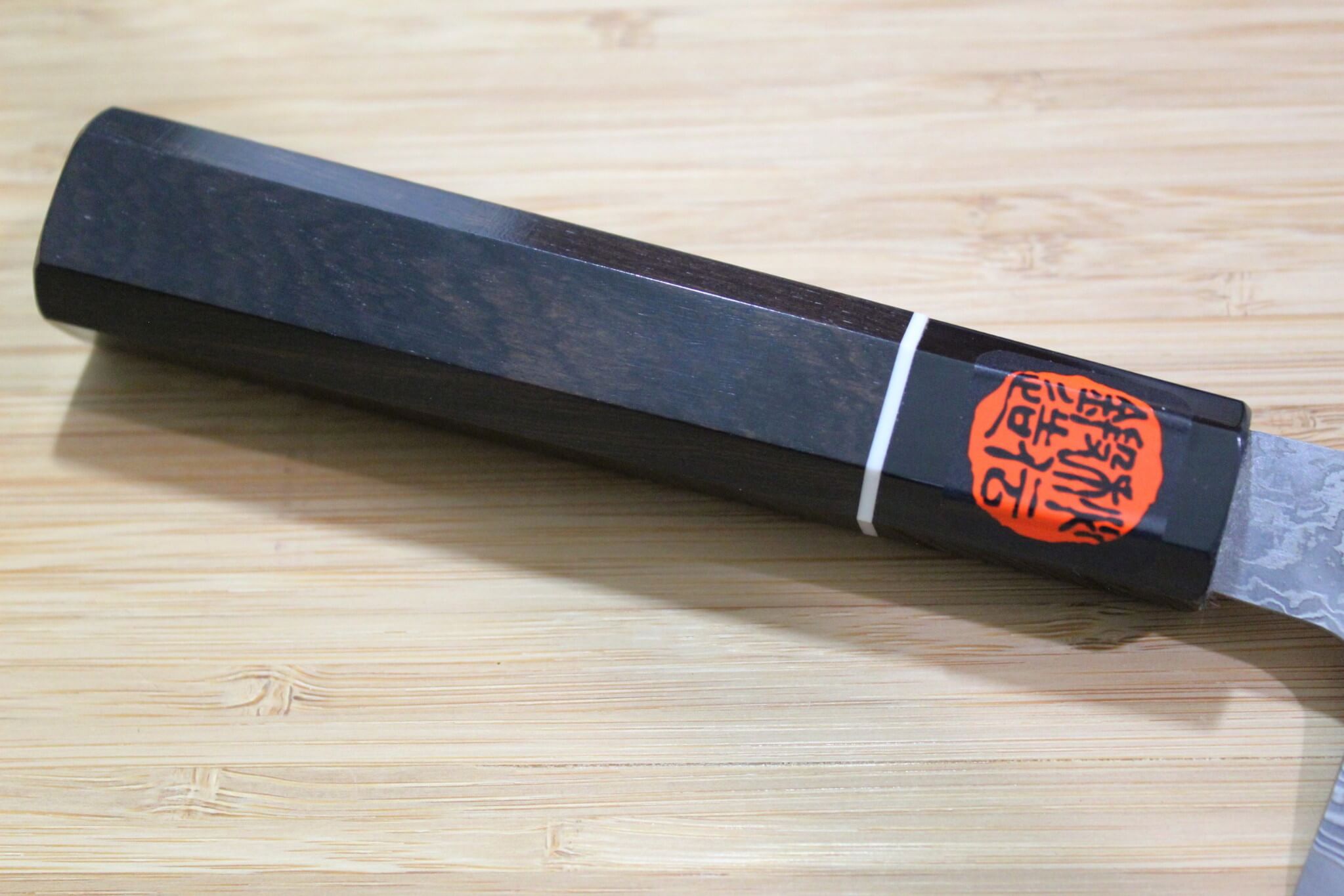Petty Knives - Best Sellers
About
Welcome to Hasu-Seizo!
At Hasu-Seizo, we take great pride in being a family-owned and operated business, dedicated to bringing the artistry of handcrafted Japanese knives to the vibrant Seattle region. Our extensive collection features knives crafted by various Japanese artisans, but our deep connection lies with the renowned Sakai Takayuki brand, which has been our extended family's cherished manufacturing endeavor.
High Carbon Steel Best Sellers
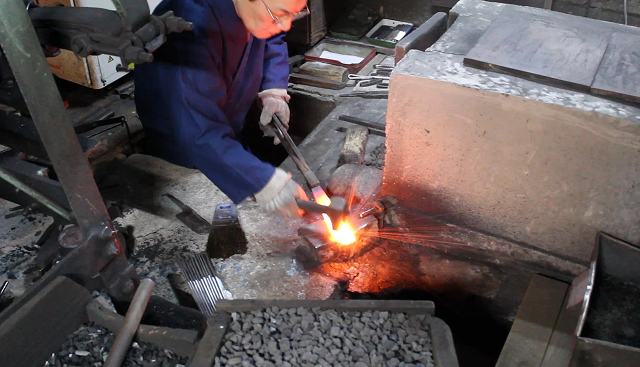
ARTISAN JAPANESE KNIVES
Authentic Handmade Japanese Artisan Knives
A story 600 years in the making.
Our family-owned business proudly produces the internationally renowned Sakai Takayuki knives. We also collaborate closely with esteemed brands, such as Sawakazuma, Misuzu Hamono, and Isamitsu.
Holiday Gift Ideas
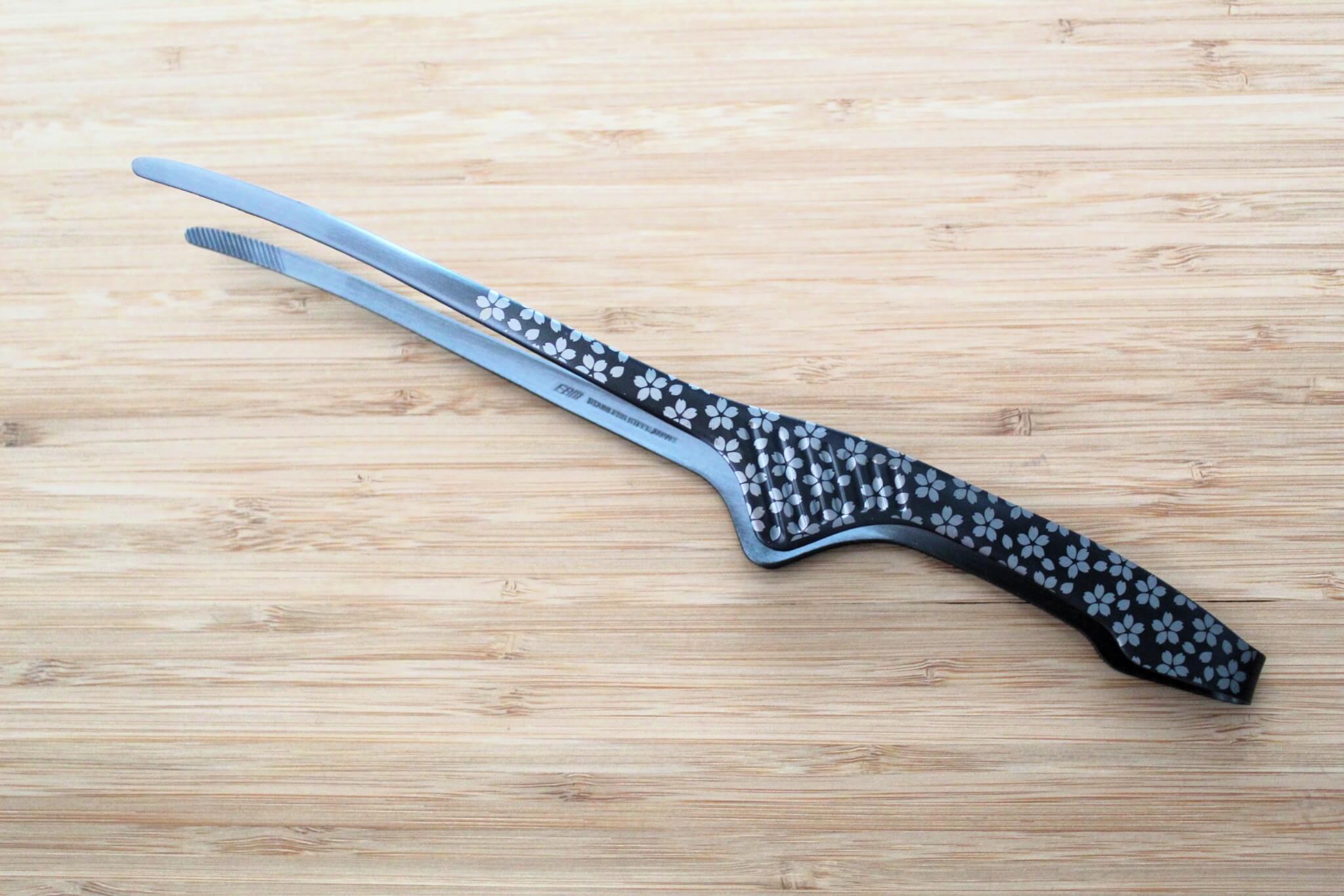
Gift Ideas Under $50
Shop Gifts Under $50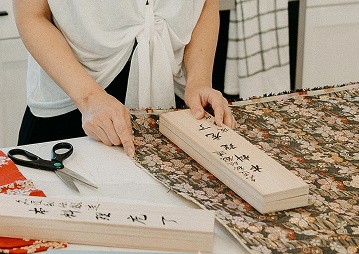
Gift Ideas under $100
Shop Gifts Under $100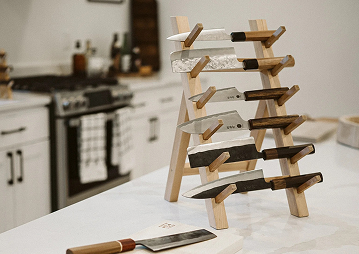
Gift Ideas under $200
Shop Gifts Under $200We want to hear from you
Feel free to contact us, if you have any questions or concerns.
Frequently Asked Questions
Hasu-Seizo is a family-owned and operated business based in Seattle that sells handcrafted artisan Japanese knives. Our knives come from a range of Japanese blacksmiths from a variety of prefectures. Our primary knife maker, the Sakai Takayuki brand, is manufactured by our family, blacksmiths, and other master craftsmen in Osaka.
Our passion for the history and traditions of the Japanese knife-making process inspired us to start Hasu-Seizo. We want to educate our customers about the various Japanese knife types and why they're so unique. Our online Japanese knife store has the best kitchen knives to help you achieve your full potential in the kitchen.
There are several ways to distinguish a Japanese knife from a Western-style knife. Generally speaking, Japanese knives are lighter and feel more balanced when you're holding them. They're made of stainless steel or a type of high-carbon steel called Yasugi hagane, which is hand-forged by professionals to be harder and thinner. Additionally, traditional Japanese kitchen knives are single bevel while the Western style knives are double bevel. These qualities make them well-suited to precise tasks.
The Japanese knife-making process has a rich history that can be traced back to the Sengoku period (1467-1568 CE) with the perfection of the katana. It's a complex art that has been passed down through generations through hard work and apprenticeship.
There are many types of Japanese knives, each of which is optimized for a specific purpose. Gyuto chef knives, for example, are average-sized knives ideal for a wide variety of kitchen tasks such as slicing meat and larger vegetables. Nakiri knives, recognizable by their rectangular blade, are razor-sharp, making them well-suited to cutting vegetables and herbs.
We carry a diverse array of knife collections at our Japanese knife online store. This includes petty utility knives, Deba butchery knives, versatile Santoku knives, and much more. We recommend browsing our inventory to find the right knife or Japanese knife set for your needs.
Check out our Guide to Knife Types or our Blog for a detailed look at each knife type. If you still have question we would love to hear from you on our Contact Us page.
Before purchasing a Japanese knife, you should first identify what tasks you intend to use that knife for. This will save you from accidentally buying a butchery knife when you primarily prepare vegetables or herbs and a Japanese vegetable knife like the Nakiri would best serve your needs.
We recommend reading the product descriptions on our website to determine which knife is best suited to you or our Knife Buying Guide. If you're still unsure, we encourage you to contact our helpful staff for guidance. Our friendly and knowledgeable team would be happy to help you. You can get in touch with us by emailing hello@hasuseizo.com or filling out our contact form.
Japanese knives require daily attention to maintain their incredibly high performance. Their performance can even improve over time, so long as the owner cares for them properly. You can protect the delicate blade of your Japanese knife by using them with a wooden end grain board rather than marble, glass, steel, or bamboo boards.
Your Japanese knife should also be hand-washed immediately after being used with a mild detergent. Once you've dried it with a cloth, be sure to store it in an area that's cool and dry. When possible storing your Japanese kitchen knives in a knife protector or saya (sheath) will extend the life of your blades as well.
Japanese knives, if used regularly, should be professionally sharpened once or twice a year. Honing the knives can be performed prior to each use to ensure clean slicing but is not necessary for most home use.
If you opt for sharpening your own knives, we would advise against steel honing rods. Japanese knives should be sharpened at an angle of about 10-20 degrees using a whetstone. For more detailed information, see our Knife Maintenance Guide.
If you don't feel confident about taking on this task yourself, we encourage you to opt for a professional's services.
Buying online has come a long way recently but we understand the challenges. We are here to help you make the best choice possible.
Don't see your question answered in the FAQs above? If you'd like to learn more about our Japanese knife shop online, please don't hesitate to reach out to us. Our friendly and knowledgeable team would be happy to help you. You can get in touch with us by emailing hello@hasuseizo.com or filling out our contact form.
We automatically provide you email or text updates (depending on your preference at checkout) when the order has been processed and the tracking information is available.
Have other questions about the process, check out our Order Information page.
We want you to be 100% satisfied with your purchase. However, we know online purchases can be a little tricky and do allow returns (with a few stipulations). Check out or Return Policy & Warranty page for more information.
Let customers speak for us
Blog posts
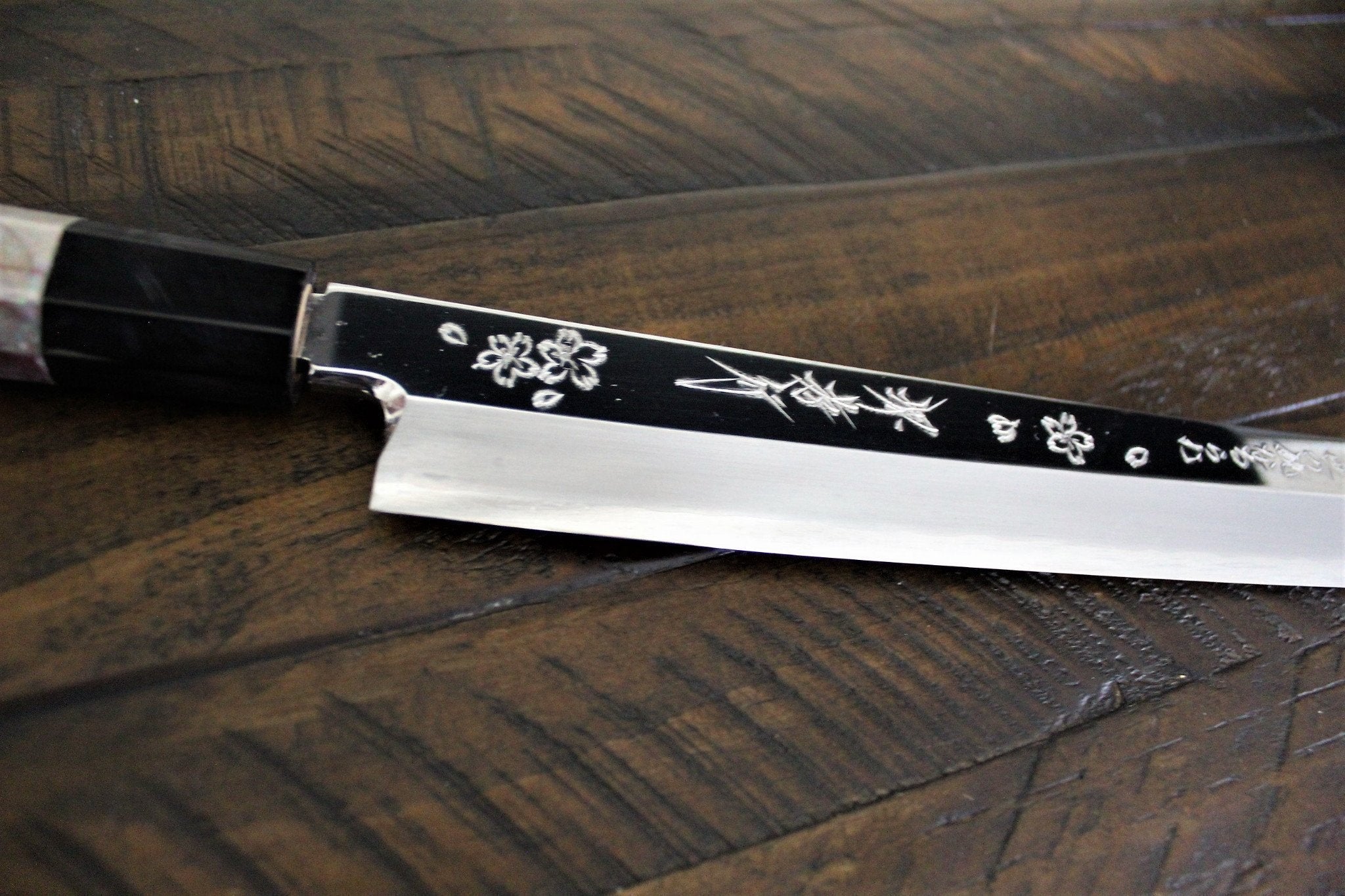
Ginsan vs AUS-10: Choosing the Right Stainless Steel for Your Needs
Choosing between Ginsan and AUS-10 stainless steel can shape how your knife feels, sharpens, and performs over time. This in-depth comparison explains the real-world differences so you can choose w...
Read more
Isamitsu Knives: A New Generation of Japanese Blades Trained Under Teruyasu Fujiwara
Forged under the demanding eye of master blacksmith Teruyasu Fujiwara, Isamitsu knives represent a rare balance of uncompromising tradition and modern performance. These handmade Japanese chef kniv...
Read more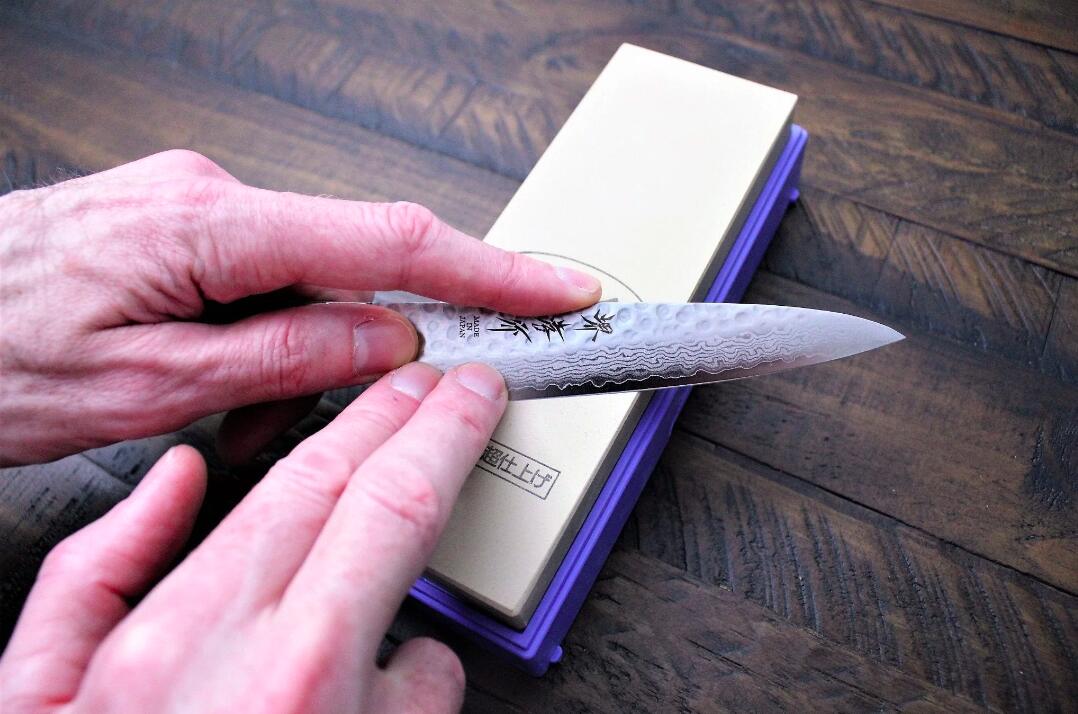
Common Knife Sharpening Mistakes (And How to Fix Them)
Sharpening a knife shouldn’t feel mysterious—but small mistakes can quietly ruin your edge. Learn the most common knife sharpening errors home cooks make and how to fix them for cleaner cuts, longe...
Read more
